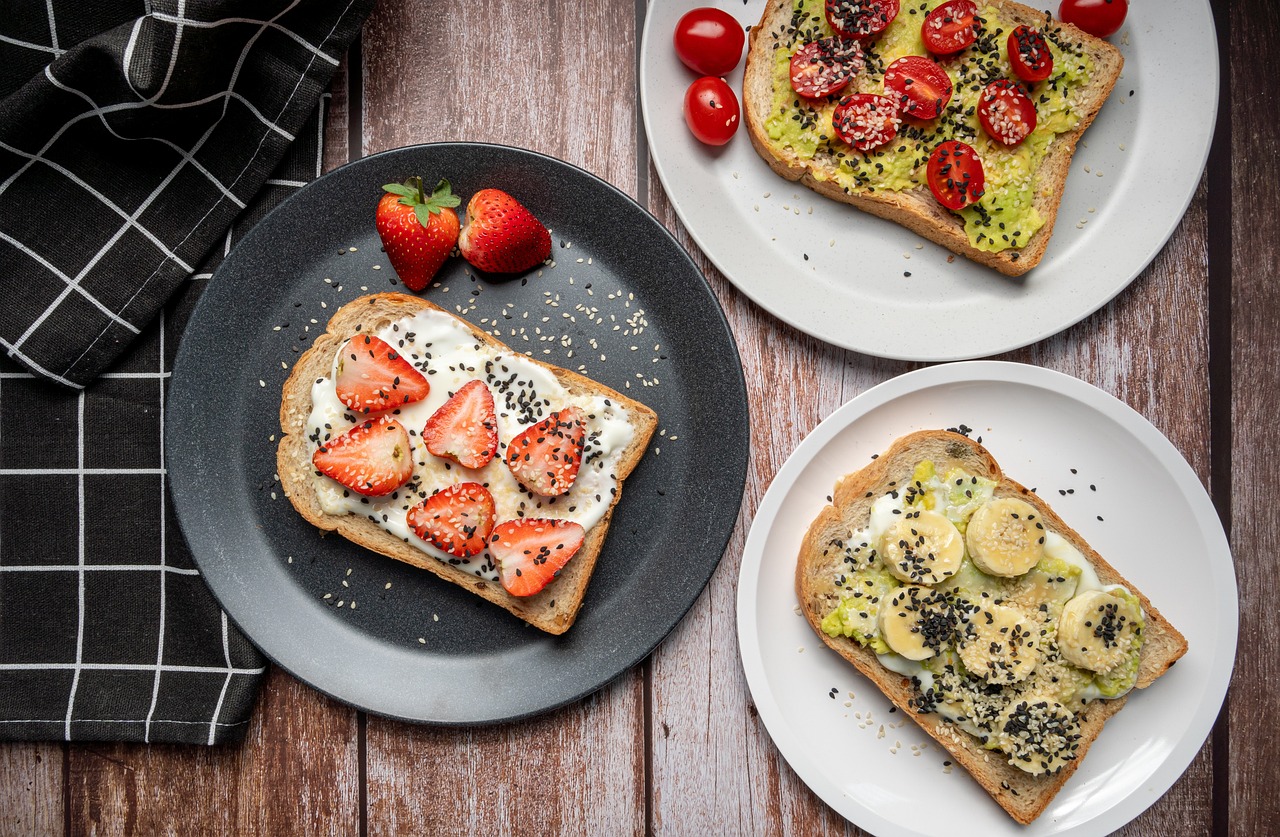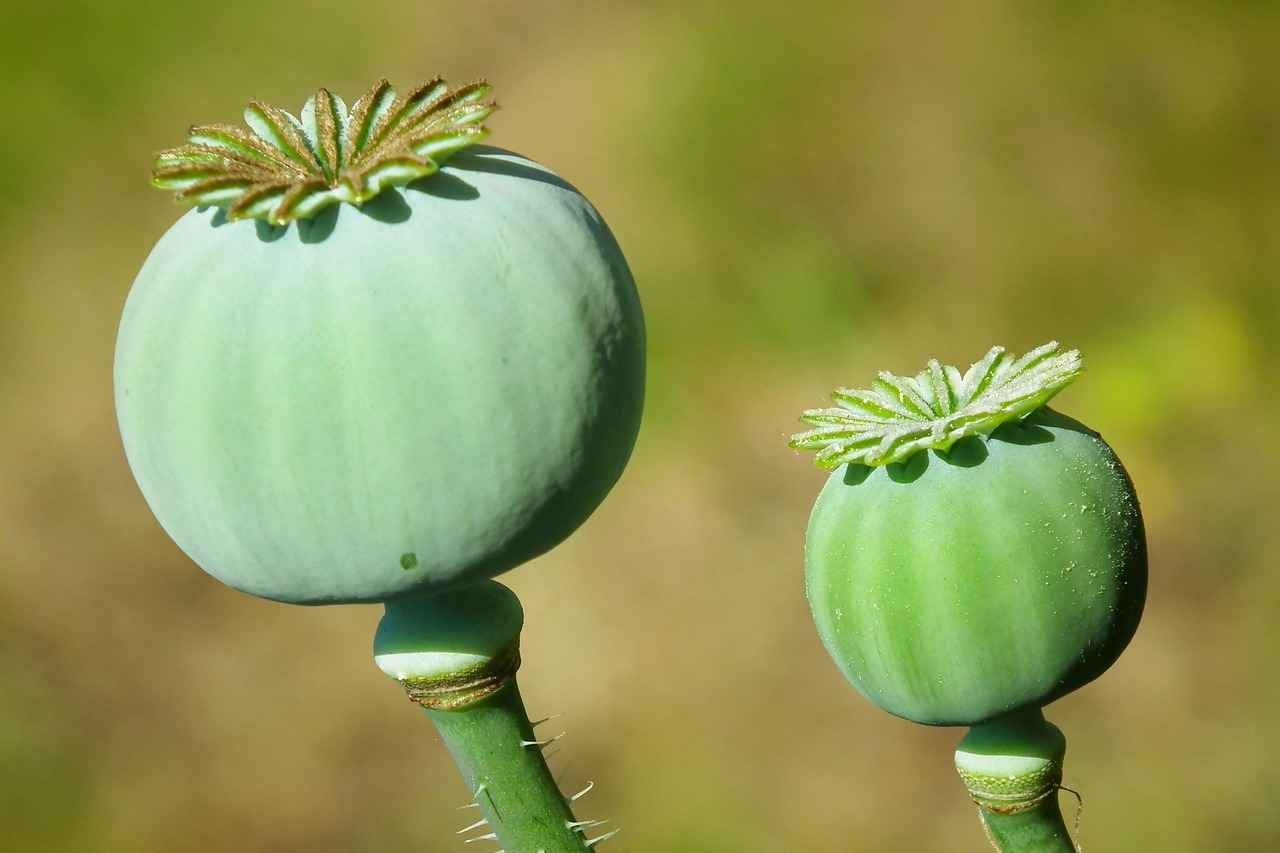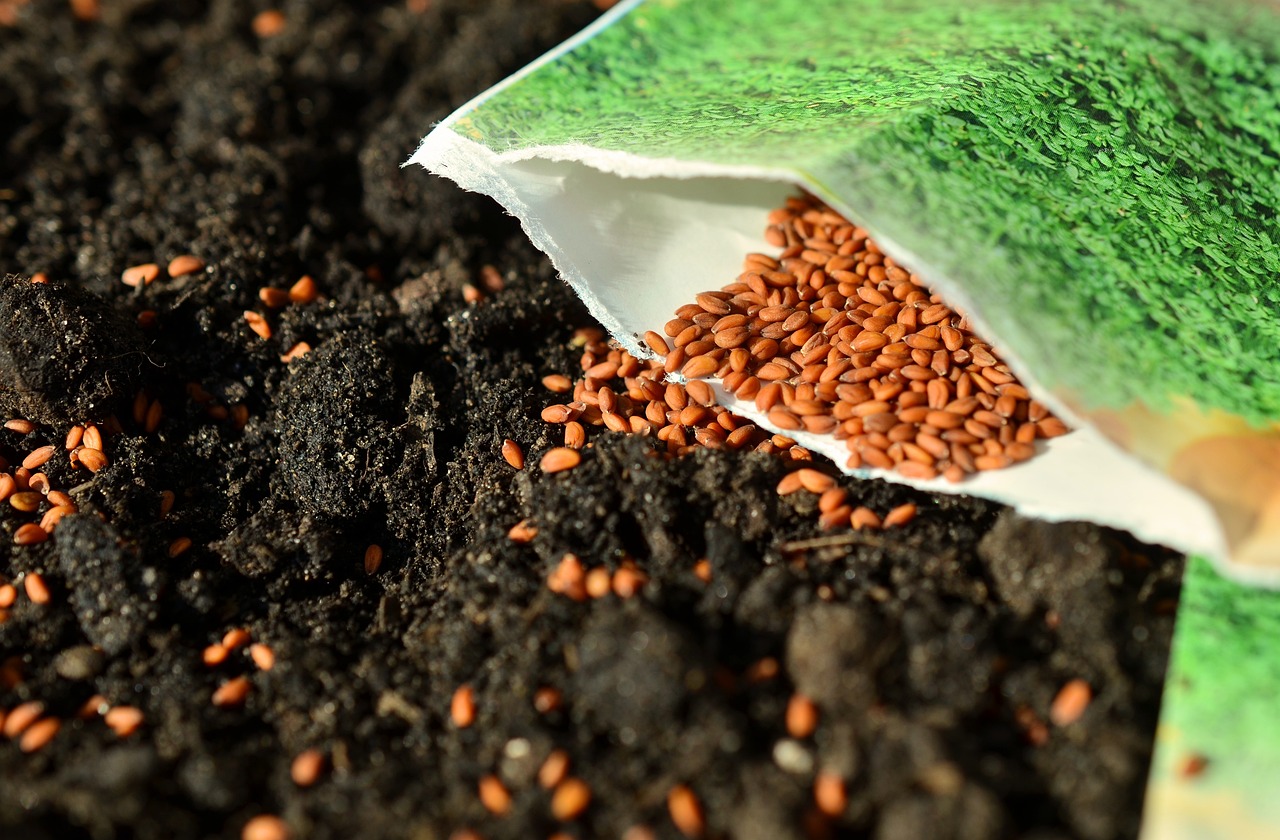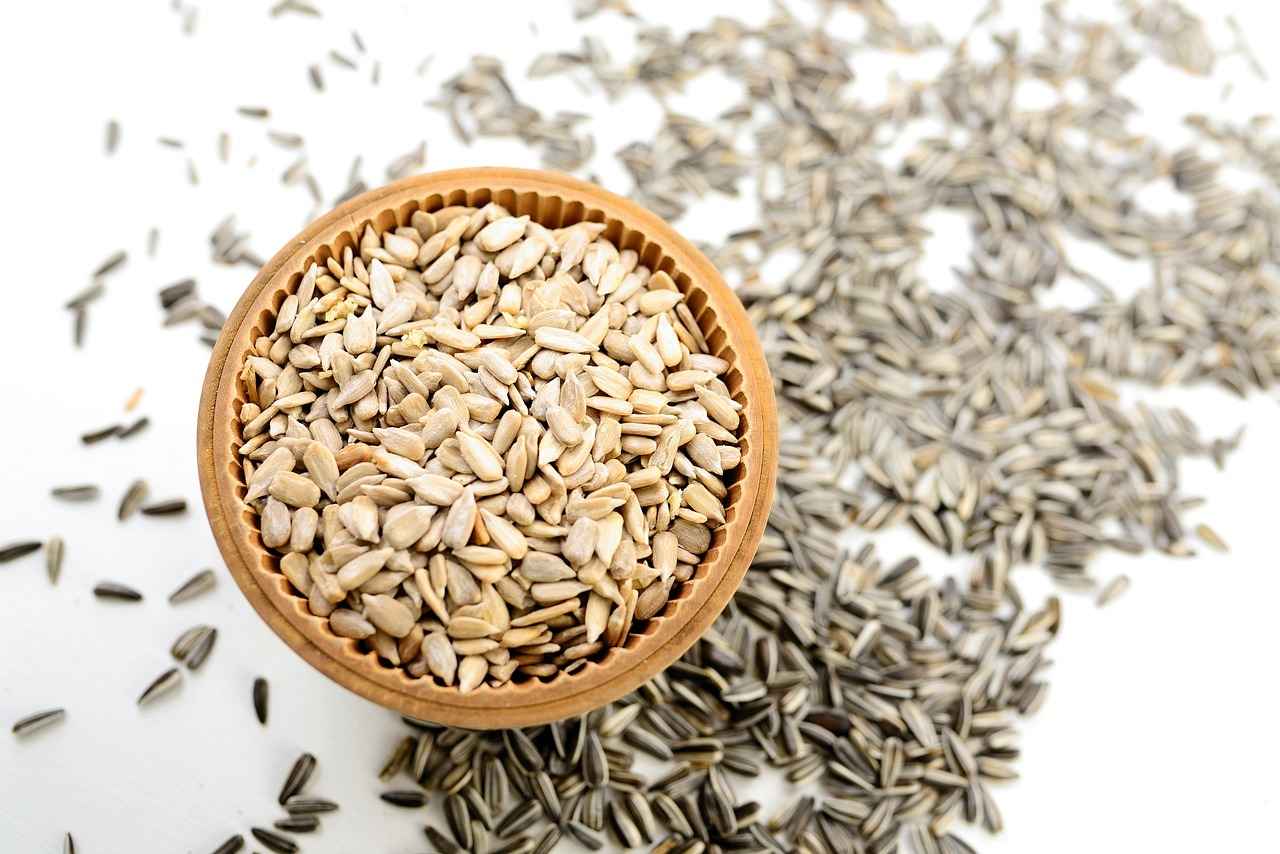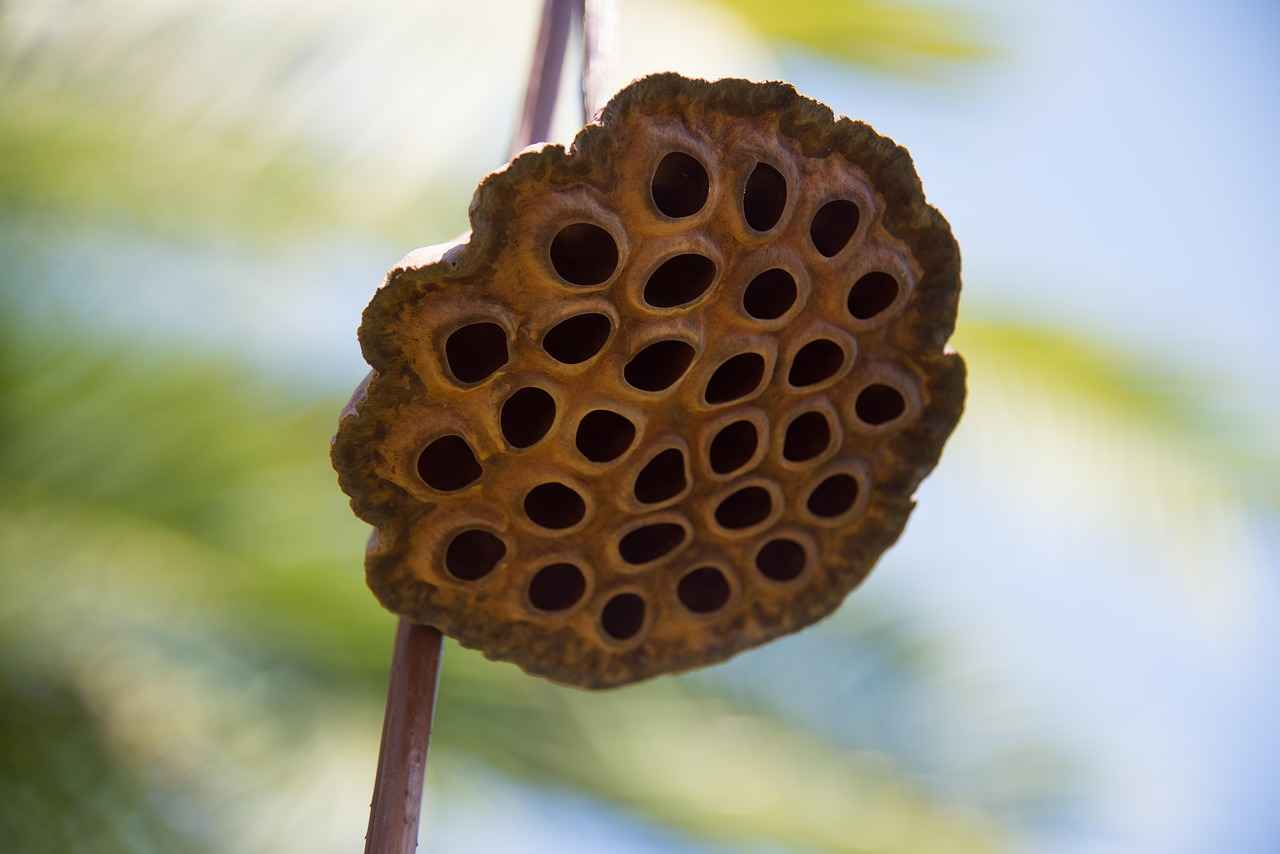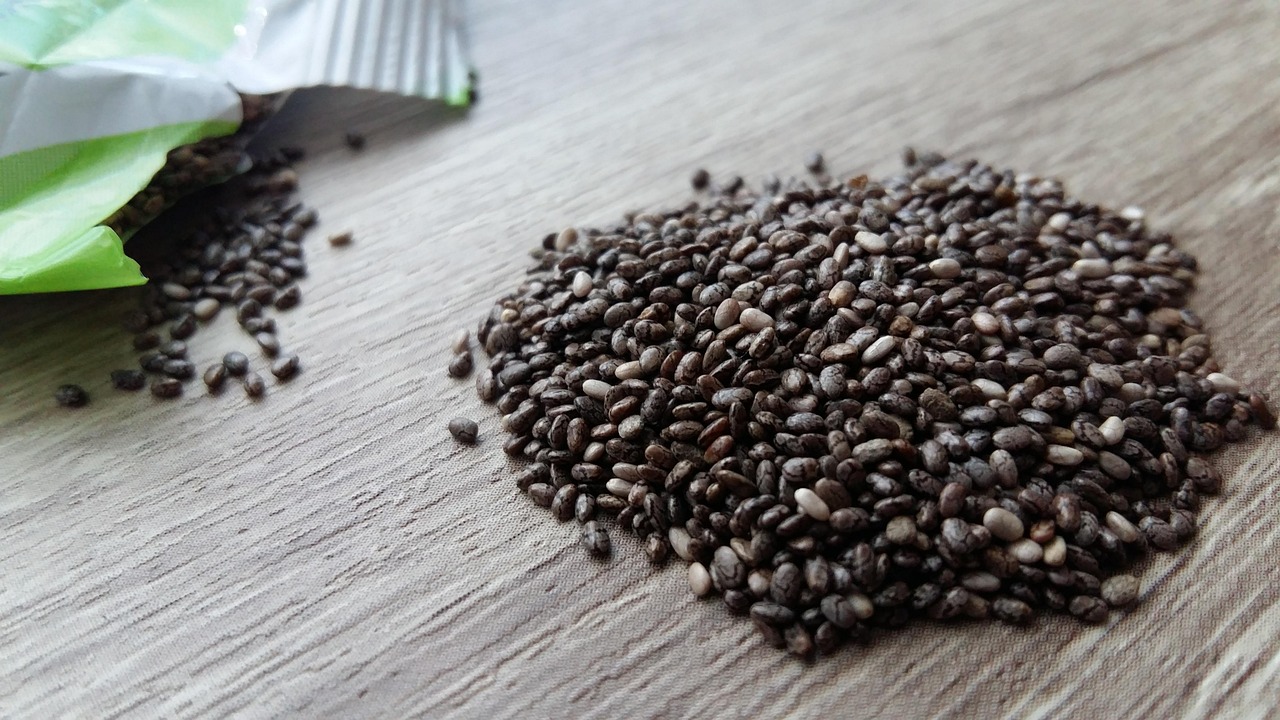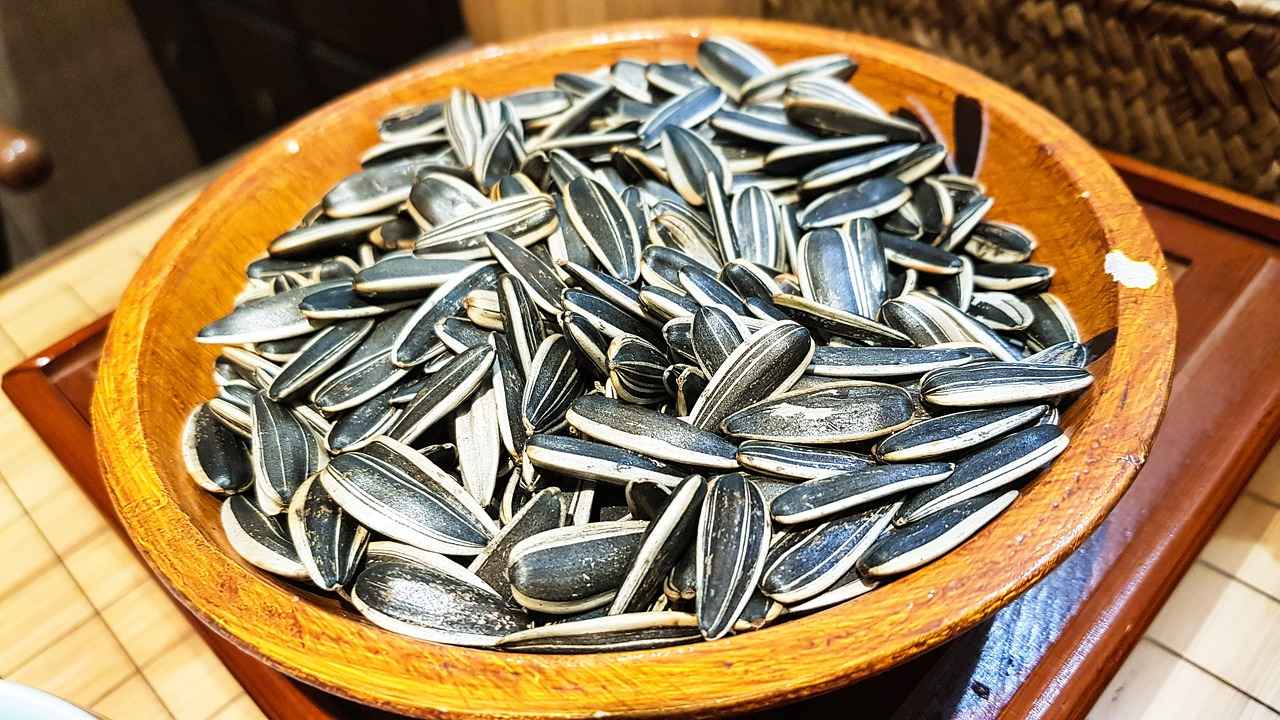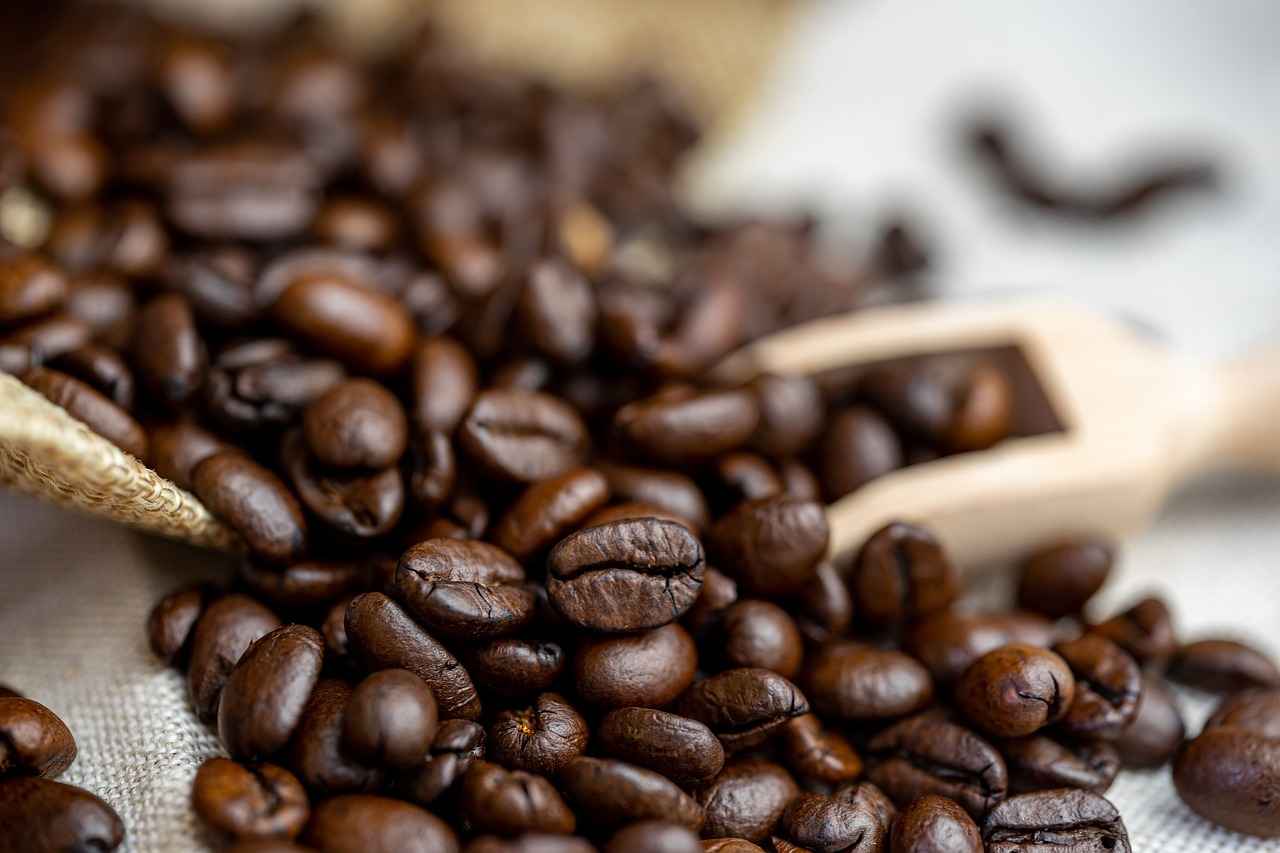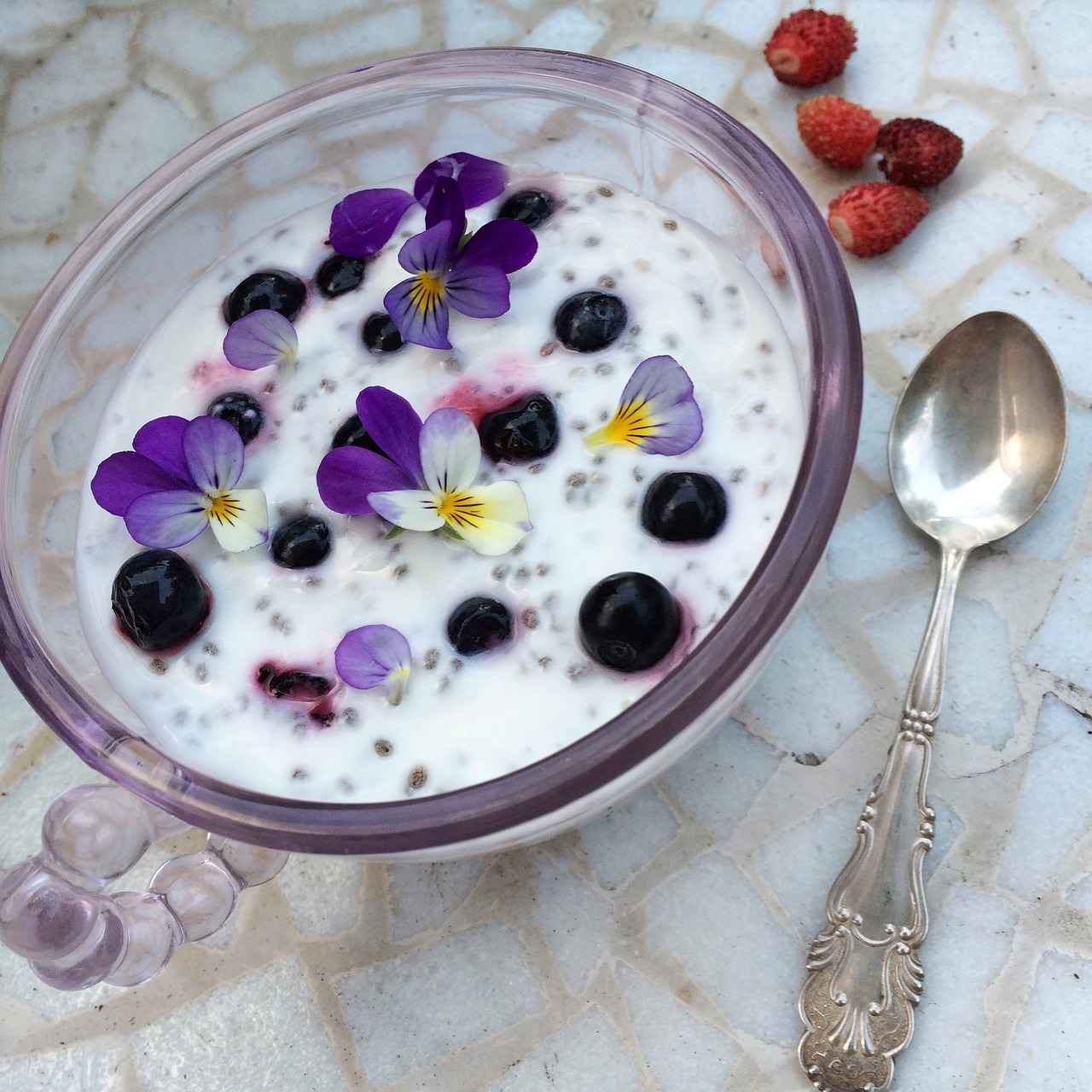Chia seeds have rapidly gained recognition as a superfood, celebrated for their impressive nutritional profile and numerous health benefits. This article delves into ten key advantages of incorporating chia seeds into your diet, supported by research and expert insights, to help you appreciate their true value.
Chia seeds are a powerhouse of essential nutrients, including fiber, protein, and omega-3 fatty acids. Their unique composition makes them an excellent addition to a balanced diet.
Rich in dietary fiber, chia seeds can significantly improve digestive health. The fiber content promotes regularity and supports gut health.
- Understanding Fiber’s Role: Chia seeds provide both soluble and insoluble fiber, aiding in bowel regulation and preventing constipation.
- Benefits of Soluble Fiber: This type of fiber forms a gel-like substance in the gut, enhancing nutrient absorption and promoting satiety.
- Benefits of Insoluble Fiber: Adds bulk to stool, facilitating movement through the digestive tract.
Chia seeds can be a valuable ally in weight management. Their high fiber content helps you feel full longer, which can reduce overall calorie intake.
- Feeling Full Longer: The fiber in chia seeds promotes prolonged satiety, making it easier to resist snacking.
- Low-Calorie Nutrient Density: They are low in calories yet high in nutrients, perfect for weight loss without compromising nutrition.
Chia seeds are renowned for their heart health benefits, largely due to their omega-3 fatty acid content, which is crucial for cardiovascular well-being.
- Omega-3 Fatty Acids Explained: These essential fats are vital for heart health, and chia seeds provide an excellent plant-based source.
- Reducing Cholesterol Levels: Regular consumption can lower LDL cholesterol, enhancing heart function.
Chia seeds may assist in regulating blood sugar levels, making them beneficial for those managing diabetes.
- Slow Digestion of Carbohydrates: The soluble fiber helps stabilize blood sugar levels post-meal.
- Potential for Insulin Sensitivity: Some studies suggest chia seeds may enhance insulin sensitivity.
Rich in calcium, phosphorus, and magnesium, chia seeds play a significant role in maintaining strong bones.
- Calcium Content: They offer a substantial amount of calcium, essential for bone density.
- Other Bone-Strengthening Nutrients: Phosphorus and magnesium work in tandem with calcium to promote skeletal health.
The antioxidants and omega-3 fatty acids in chia seeds contribute significantly to skin health.
- Antioxidants and Skin Protection: Chia seeds protect the skin from oxidative stress and environmental damage.
- Hydration Benefits: Their ability to absorb water enhances skin hydration, promoting a youthful appearance.
Chia seeds may also support mental well-being due to their omega-3 content.
- Omega-3 and Brain Function: These fatty acids are essential for cognitive health.
- Reducing Anxiety and Depression: Some research links omega-3 intake with reduced symptoms of anxiety and depression.
Athletes often favor chia seeds for their energy-boosting properties.
- Energy Source: Chia seeds provide a quick energy boost, making them an ideal snack.
- Post-Workout Recovery: Their anti-inflammatory properties may assist in muscle recovery.
Incorporating chia seeds into your meals is simple and versatile.
- Simple Recipes: Add them to smoothies, oatmeal, or baked goods for an easy nutritional boost.
- Soaking and Preparation Tips: Soaking chia seeds enhances digestibility and nutrient absorption.
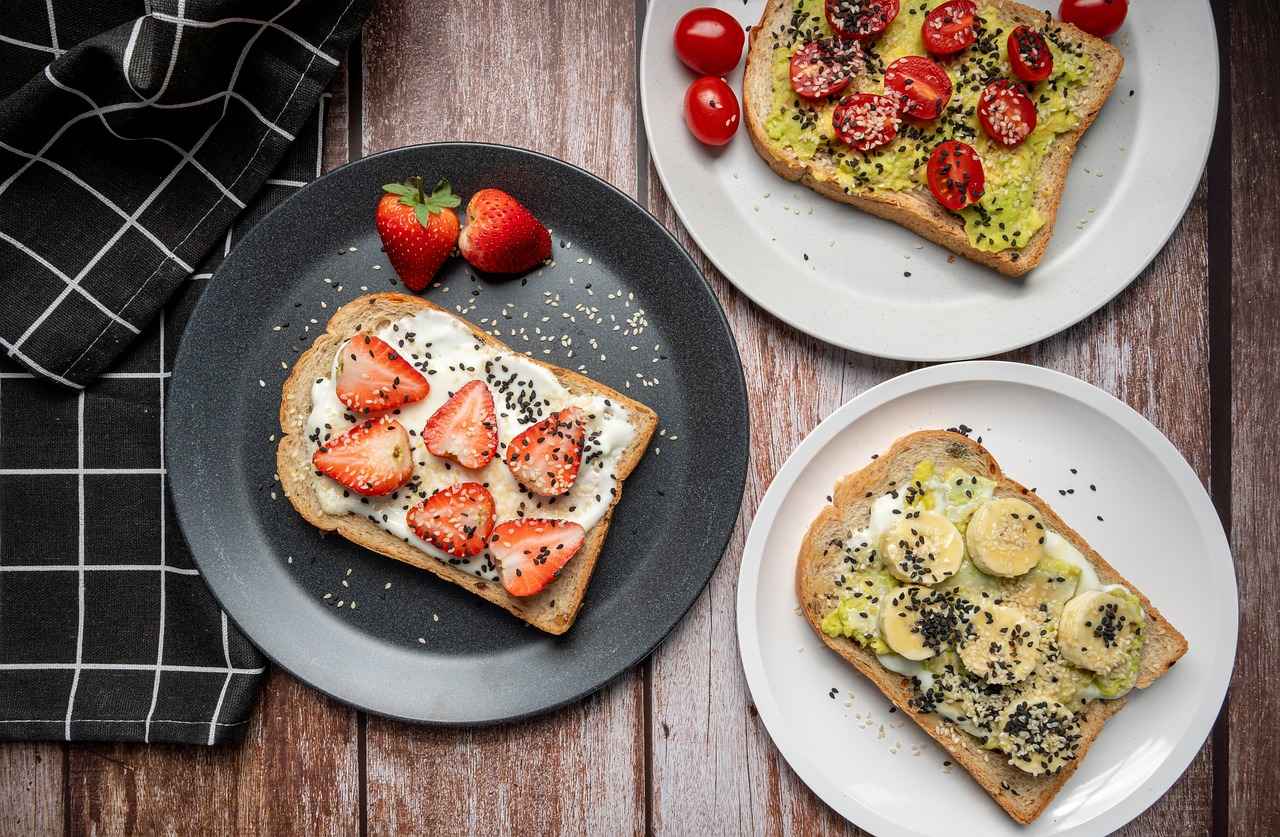
1. What Nutrients Are in Chia Seeds?
Chia seeds, often hailed as a superfood, are tiny black seeds derived from the Salvia hispanica plant. These seeds are not only versatile in culinary applications but also boast an impressive nutritional profile. Understanding what chia seeds contain is essential for recognizing their numerous health benefits. In this section, we will explore the key nutrients found in chia seeds and how they contribute to overall wellness.
Chia seeds are packed with a range of essential nutrients that make them a valuable addition to any diet. Here’s a breakdown of the key components:
- Fiber: Chia seeds are an excellent source of dietary fiber, with about 10 grams per ounce. This high fiber content supports digestive health and helps maintain a feeling of fullness.
- Protein: With around 4 grams of protein per ounce, chia seeds are a great plant-based protein source, making them ideal for vegetarians and vegans.
- Omega-3 Fatty Acids: Chia seeds are rich in alpha-linolenic acid (ALA), a type of omega-3 fatty acid essential for heart health and cognitive function.
- Minerals: These seeds provide significant amounts of calcium, magnesium, and phosphorus, which are vital for bone health and metabolic functions.
- Antioxidants: Chia seeds contain various antioxidants that help combat oxidative stress and inflammation in the body.
Understanding the impact of chia seeds on health is crucial. Here’s how their nutrients contribute to various health benefits:
- Digestive Health: The high fiber content in chia seeds aids in digestion by promoting regular bowel movements and preventing constipation. Fiber also acts as a prebiotic, supporting gut health.
- Weight Management: The combination of protein and fiber helps to keep you feeling full longer, which can aid in weight management by reducing overall calorie intake.
- Heart Health: Omega-3 fatty acids found in chia seeds can help lower cholesterol levels and reduce the risk of heart disease by promoting healthy blood circulation.
- Bone Strength: The calcium and other minerals in chia seeds are essential for maintaining strong bones and preventing osteoporosis.
- Skin Health: Antioxidants in chia seeds can help protect the skin from damage caused by free radicals, promoting a healthier complexion.
Incorporating chia seeds into your diet can be easy and delicious. They can be added to smoothies, yogurt, oatmeal, or even baked goods. Their ability to absorb water allows them to form a gel-like consistency, making them perfect for puddings and as a thickening agent in recipes.
In summary, chia seeds are a nutritional powerhouse, offering a wealth of benefits through their fiber, protein, omega-3 fatty acids, minerals, and antioxidants. By understanding what nutrients are in chia seeds, you can better appreciate their role in a balanced diet and their potential to enhance your overall health.

2. How Do Chia Seeds Aid Digestion?
Chia seeds have emerged as a popular superfood, known for their numerous health benefits. One of the most significant advantages of incorporating chia seeds into your diet is their ability to aid digestion. In this section, we will explore how chia seeds contribute to digestive health, focusing on their rich fiber content and other beneficial properties.
Dietary fiber is a crucial component of a healthy diet, playing a vital role in maintaining digestive health. Chia seeds are an excellent source of both soluble and insoluble fiber, each contributing uniquely to digestive well-being.
Soluble fiber dissolves in water, forming a gel-like substance in the gut. This process slows down digestion, which can lead to several benefits:
- Improved Nutrient Absorption: By slowing digestion, soluble fiber allows for better absorption of nutrients, ensuring that your body receives essential vitamins and minerals.
- Enhanced Satiety: The gel-like consistency of soluble fiber can help you feel full longer, reducing overall calorie intake and aiding in weight management.
- Blood Sugar Control: Soluble fiber can slow the absorption of sugar, helping to stabilize blood sugar levels and reduce spikes after meals.
Insoluble fiber, on the other hand, does not dissolve in water and adds bulk to the stool. This type of fiber is essential for:
- Regular Bowel Movements: Insoluble fiber helps to move food through the digestive tract, preventing constipation and promoting regularity.
- Gut Health: By promoting efficient digestion, insoluble fiber supports overall gut health, reducing the risk of digestive disorders.
Chia seeds have an incredible ability to absorb water—up to 12 times their weight. This property enhances their effectiveness in promoting digestive health:
- Hydration: Consuming chia seeds can help maintain hydration levels, which is critical for optimal digestive function.
- Prevention of Digestive Issues: Proper hydration aids in softening stool, making it easier to pass and reducing the likelihood of constipation.
To reap the digestive benefits of chia seeds, consider incorporating them into your daily meals:
- Chia Pudding: Soak chia seeds in your choice of milk or yogurt overnight for a nutritious breakfast or snack.
- Smoothies: Add a tablespoon of chia seeds to your smoothies for an extra fiber boost.
- Baking: Include chia seeds in your baked goods, such as muffins or bread, to enhance their nutritional profile.
In conclusion, chia seeds are a powerful ally in promoting digestive health thanks to their high fiber content and unique properties. By understanding how to effectively incorporate them into your diet, you can enjoy improved digestive function and overall well-being.
Understanding Fiber’s Role
Fiber plays a crucial role in maintaining overall digestive health. It is a type of carbohydrate that the body cannot digest, which means it passes through the digestive system relatively intact. This characteristic makes fiber essential for promoting regular bowel movements and preventing conditions such as constipation.
Chia seeds are a remarkable source of both soluble and insoluble fiber. Each type of fiber has unique benefits that contribute to digestive health:
- Soluble Fiber: This type of fiber dissolves in water and forms a gel-like substance in the gut. It aids in slowing down digestion, which enhances nutrient absorption and promotes a feeling of fullness.
- Insoluble Fiber: Unlike soluble fiber, insoluble fiber does not dissolve in water. It adds bulk to the stool and helps food move through the digestive tract, preventing constipation and promoting regularity.
The combination of soluble and insoluble fiber in chia seeds works synergistically to support digestive health. The soluble fiber helps to regulate blood sugar levels and control appetite, while the insoluble fiber ensures that waste is efficiently eliminated from the body. Together, these fibers help maintain a balanced digestive system.
Chia seeds can absorb up to 12 times their weight in water, making them incredibly hydrating. When chia seeds are consumed, they expand in the stomach, which can help maintain hydration levels and promote a healthy digestive environment. Proper hydration is essential for fiber to function effectively, as it helps to soften the stool and facilitate smoother bowel movements.
In addition to promoting digestive health, fiber offers numerous other health benefits:
- Weight Management: High fiber intake can help you feel fuller for longer, reducing overall calorie consumption and aiding in weight loss.
- Heart Health: A diet rich in fiber is linked to lower cholesterol levels and reduced risk of cardiovascular disease.
- Blood Sugar Control: Fiber slows down the absorption of sugar, which can help stabilize blood sugar levels, particularly important for individuals with diabetes.
Incorporating chia seeds into your daily meals is simple and versatile. Here are a few suggestions:
- Add chia seeds to smoothies for a nutritional boost.
- Mix them into yogurt or oatmeal for added texture and fiber.
- Use them in baking recipes as a substitute for eggs or as a thickening agent in soups and sauces.
In summary, understanding the role of fiber, particularly through the consumption of chia seeds, can greatly enhance digestive health and overall well-being. By incorporating these tiny seeds into your diet, you can reap the numerous benefits of fiber and support your body’s digestive processes effectively.
Benefits of Soluble Fiber
Soluble fiber is a vital component of a balanced diet, offering numerous health benefits that can significantly improve overall well-being. This type of fiber dissolves in water, forming a gel-like substance in the digestive tract, which plays a crucial role in various bodily functions.
Soluble fiber is found in a variety of foods, including fruits, vegetables, legumes, and whole grains. Unlike insoluble fiber, which adds bulk to stool, soluble fiber dissolves in water, creating a viscous gel that can help regulate digestion and nutrient absorption.
One of the primary benefits of soluble fiber is its ability to slow down digestion. By forming a gel-like substance, it helps to control the rate at which food leaves the stomach. This gradual release not only aids in better nutrient absorption but also enhances feelings of fullness.
Soluble fiber plays a significant role in enhancing nutrient absorption. When food is digested more slowly, the body has more time to extract essential vitamins and minerals. This is particularly beneficial for nutrients such as calcium, magnesium, and various B vitamins, which are crucial for maintaining optimal health.
Another remarkable benefit of soluble fiber is its ability to promote satiety. By slowing digestion, it helps individuals feel full for longer periods, which can be particularly helpful for those looking to manage their weight. Studies have shown that diets high in soluble fiber can lead to reduced overall calorie intake, making it easier to maintain a healthy weight.
Soluble fiber is also known for its role in blood sugar regulation. By slowing the absorption of sugar into the bloodstream, it helps prevent spikes in blood sugar levels, making it a valuable dietary component for individuals with diabetes or those at risk of developing the condition. Consuming soluble fiber can lead to improved glycemic control and a reduced risk of insulin resistance.
- Oats
- Barley
- Beans and lentils
- Fruits (such as apples, citrus fruits, and berries)
- Vegetables (like carrots and Brussels sprouts)
- Chia seeds and flaxseeds
Adding more soluble fiber to your diet can be both easy and delicious. Consider starting your day with a bowl of oatmeal topped with fruits or adding chia seeds to your smoothies. Incorporating beans into soups and salads is another excellent way to boost your soluble fiber intake.
While soluble fiber offers many health benefits, it’s essential to increase your intake gradually to avoid digestive discomfort. Some individuals may experience bloating or gas if they suddenly consume large amounts of fiber. Drinking plenty of water can help alleviate these symptoms and ensure smooth digestion.
In conclusion, soluble fiber is a powerful ally in promoting digestive health, enhancing nutrient absorption, and aiding in weight management. By incorporating soluble fiber-rich foods into your diet, you can harness its numerous benefits for improved overall health.
Benefits of Insoluble Fiber
are essential for maintaining a healthy digestive system. This type of fiber plays a vital role in promoting gut health and preventing various digestive issues. In this section, we will explore the numerous advantages of incorporating insoluble fiber into your diet.
Insoluble fiber is a non-digestible carbohydrate found in many plant-based foods. Unlike soluble fiber, which dissolves in water, insoluble fiber retains its structure and adds bulk to the stool. This bulking effect is crucial for the digestive process, as it helps to move food efficiently through the digestive tract.
1. Promoting Regular Bowel Movements
One of the primary benefits of insoluble fiber is its ability to promote regular bowel movements. By adding bulk to the stool, it helps to prevent constipation, making it easier for the body to eliminate waste. Regular bowel movements are essential for overall digestive health and can help to reduce the risk of developing digestive disorders.
2. Supporting Gut Health
Insoluble fiber acts as a natural scrubber for the intestines. It helps to keep the digestive tract clean by preventing the buildup of waste and toxins. This cleansing effect can contribute to a healthier gut microbiome, which is essential for nutrient absorption and overall health.
3. Reducing the Risk of Digestive Disorders
Incorporating adequate amounts of insoluble fiber into your diet may help reduce the risk of developing certain digestive disorders, such as diverticulitis and hemorrhoids. By promoting regularity and preventing constipation, insoluble fiber lowers the pressure in the intestines, which can help prevent the formation of diverticula.
4. Aiding in Weight Management
Insoluble fiber can also be beneficial for weight management. Foods rich in insoluble fiber tend to be more filling, which can help curb overeating. When you feel full longer, you are less likely to snack on unhealthy foods, making it easier to maintain a healthy weight.
5. Enhancing Nutrient Absorption
While insoluble fiber itself is not digestible, it plays a crucial role in enhancing the absorption of nutrients. By promoting a healthy digestive environment, it allows the body to absorb essential vitamins and minerals more effectively. This is particularly important for individuals looking to optimize their nutrient intake.
6. Sources of Insoluble Fiber
- Whole grains (such as whole wheat and brown rice)
- Nuts and seeds
- Vegetables (like carrots, cucumbers, and celery)
- Fruits with edible skins (such as apples and pears)
Incorporating these foods into your diet can significantly increase your intake of insoluble fiber, leading to improved digestive health and overall well-being.
7. Hydration and Insoluble Fiber
While insoluble fiber does not absorb water, it is essential to pair it with adequate hydration. Drinking enough water helps to facilitate the movement of fiber through the digestive system, ensuring that it performs its function effectively. A well-hydrated body is better equipped to handle the bulk created by insoluble fiber.
In conclusion, the benefits of insoluble fiber extend beyond just digestive health. By promoting regular bowel movements, supporting gut health, and aiding in weight management, insoluble fiber is an essential component of a balanced diet. Incorporating a variety of fiber-rich foods can help you achieve optimal health and well-being.
The Importance of Hydration
Staying hydrated is essential for overall health, and chia seeds can play a significant role in achieving optimal hydration levels. These tiny seeds are not only nutritious but also possess unique properties that can enhance your hydration strategy. In this section, we will explore the importance of hydration and how chia seeds contribute to it.
Hydration is critical for maintaining bodily functions, including temperature regulation, joint lubrication, and nutrient transport. Dehydration can lead to various health issues, such as fatigue, headaches, and decreased cognitive function. Therefore, understanding how to stay hydrated is vital for overall well-being.
Chia seeds have an incredible ability to absorb water—up to 12 times their weight. This remarkable property makes them an excellent addition to your diet, especially for those looking to improve their hydration levels.
When soaked in water, chia seeds swell and form a gel-like substance. This gel not only aids in hydration but also slows digestion, which can help maintain stable energy levels. The gel can be particularly beneficial for athletes who require sustained hydration during workouts.
By consuming chia seeds, you can enhance your body’s ability to retain water. This is particularly useful in hot climates or during intense physical activity when the body loses fluids rapidly. The gel created by chia seeds can help keep you hydrated for longer periods.
- Chia Pudding: Combine chia seeds with your favorite milk or plant-based milk, let it sit overnight, and enjoy a delicious, hydrating breakfast.
- Smoothies: Add a tablespoon of chia seeds to your smoothies for an extra hydration boost.
- Infused Water: Soak chia seeds in water with slices of lemon or cucumber for a refreshing drink.
While drinking water is crucial for hydration, incorporating foods like chia seeds can provide additional benefits. These seeds not only hydrate but also offer essential nutrients such as fiber, protein, and omega-3 fatty acids, making them a valuable component of a balanced diet.
Everyone can benefit from the hydrating properties of chia seeds, but they are especially advantageous for:
- Athletes looking for sustained energy and hydration during workouts.
- Individuals living in hot climates who need to maintain hydration levels.
- Those seeking to improve their digestive health through increased fiber intake.
In summary, chia seeds are a fantastic addition to any diet, especially for those looking to improve their hydration. With their ability to absorb water and form a gel, they offer unique benefits that can enhance overall health. By incorporating chia seeds into your meals, you can enjoy not only better hydration but also a wealth of essential nutrients.

3. Can Chia Seeds Help with Weight Loss?
Chia seeds have emerged as a popular superfood, especially among those looking to manage their weight. But how exactly do chia seeds contribute to weight loss? This section will explore the mechanisms through which these tiny seeds can help promote feelings of fullness and subsequently reduce overall calorie intake.
Chia seeds are rich in soluble fiber, which plays a crucial role in weight loss. When chia seeds are consumed, they can absorb up to 12 times their weight in water, forming a gel-like substance in the stomach. This process not only aids in hydration but also significantly contributes to increased satiety.
- High Fiber Content: Chia seeds contain about 11 grams of fiber per ounce. This high fiber content slows down digestion, allowing you to feel full longer.
- Gel Formation: When mixed with liquid, chia seeds swell and form a gel. This gel expands in your stomach, leading to a prolonged feeling of fullness.
- Reduced Hunger Hormones: Studies suggest that fiber-rich foods like chia seeds can lower levels of ghrelin, the hormone responsible for stimulating hunger.
Despite their high fiber content, chia seeds are low in calories. An ounce of chia seeds contains approximately 138 calories, yet they are packed with essential nutrients such as protein, omega-3 fatty acids, and various vitamins and minerals. This makes them an excellent option for those looking to lose weight without sacrificing nutritional value.
To reap the weight loss benefits of chia seeds, consider adding them to your daily meals:
- Breakfast: Sprinkle chia seeds on your morning oatmeal or blend them into your smoothie for an extra nutrient boost.
- Snacks: Mix chia seeds with yogurt or create a chia pudding by soaking them in almond milk overnight.
- Baking: Incorporate chia seeds into your baked goods, such as muffins or bread, to enhance their nutritional profile.
Several studies have examined the effects of chia seeds on weight management. For instance, a study published in the Journal of Nutrition found that participants who included chia seeds in their diet experienced greater weight loss and a reduction in waist circumference compared to those who did not. This suggests that chia seeds can be an effective addition to a weight loss regimen.
In conclusion, chia seeds can be a valuable addition to a weight loss diet due to their ability to promote feelings of fullness and reduce overall calorie intake. Their high fiber content, low-calorie nature, and nutrient density make them an excellent choice for anyone looking to shed pounds while maintaining a balanced diet. By incorporating chia seeds into meals and snacks, individuals can harness their potential benefits for weight management.
Feeling Full Longer
Chia seeds, often hailed as a superfood, offer numerous health benefits, particularly in the realm of weight management. One of the standout features of chia seeds is their ability to promote a sense of fullness, which can play a crucial role in curbing unnecessary snacking and reducing overall caloric intake.
The high fiber content in chia seeds is a key factor in enhancing satiety. Each serving of chia seeds contains approximately 10 grams of fiber, which is essential for digestive health and plays a significant role in weight management. When chia seeds are consumed, they absorb water and expand in the stomach, creating a gel-like substance that slows down the digestion process. This not only keeps you feeling full for a longer period but also helps in stabilizing blood sugar levels.
Research indicates that foods high in fiber can significantly increase feelings of fullness. The soluble fiber present in chia seeds forms a viscous gel in the gut, which slows gastric emptying. This means that your stomach takes longer to empty its contents, leading to prolonged feelings of fullness. As a result, you may find yourself less inclined to reach for snacks between meals.
Incorporating chia seeds into your diet can be an effective strategy for weight loss. By promoting a sense of fullness, these tiny seeds can help you manage your appetite more effectively. When you feel satisfied after meals, you are less likely to indulge in high-calorie snacks or unhealthy food choices. This can lead to a natural reduction in calorie consumption, making it easier to maintain a healthy weight.
- Add to Smoothies: Blend chia seeds into your morning smoothie for an added fiber boost.
- Mix into Yogurt: Stir chia seeds into yogurt for a nutritious snack that keeps you full.
- Use in Baking: Incorporate chia seeds into baked goods like muffins or bread for added texture and nutrition.
- Make Chia Pudding: Soak chia seeds in milk or a dairy-free alternative to create a delicious pudding that satisfies your sweet tooth without the extra calories.
Another important aspect of chia seeds is their ability to absorb water—up to 12 times their weight. This characteristic not only aids in hydration but also contributes to the feeling of fullness. When chia seeds are consumed with sufficient liquid, they swell and expand, further enhancing their satiating properties. Staying adequately hydrated is essential for overall health and can support the weight loss process when combined with a fiber-rich diet.
In summary, the high fiber content in chia seeds can significantly enhance feelings of fullness, making them a valuable addition to any weight management strategy. By incorporating chia seeds into your meals, you can enjoy their numerous health benefits while effectively managing your appetite and reducing the likelihood of unhealthy snacking. Embrace the power of chia seeds and take a step towards a healthier lifestyle!
Low-Calorie Nutrient Density
Chia seeds have emerged as a nutritional powerhouse, particularly for those pursuing weight loss without compromising on essential nutrients. These tiny seeds are not only low in calories but also boast a rich profile of vitamins, minerals, and other beneficial compounds, making them an ideal choice for health-conscious individuals.
Chia seeds contain approximately 137 calories per ounce (about 28 grams), which is relatively low compared to many other foods. This low-caloric content allows individuals to enjoy them without the worry of excessive calorie intake. The secret lies in their unique composition:
- High Fiber Content: Chia seeds are packed with dietary fiber, providing about 11 grams per ounce. This fiber is crucial for satiety, helping you feel fuller for longer, which can reduce overall calorie consumption.
- Protein Source: With around 4 grams of protein per ounce, chia seeds contribute to muscle maintenance and repair, making them a great addition to a balanced diet.
- Healthy Fats: Chia seeds are rich in omega-3 fatty acids, essential for heart health, yet they are low in saturated fats, making them a heart-friendly option.
Incorporating chia seeds into your diet can assist with weight management in several ways:
- Enhanced Fullness: The soluble fiber in chia seeds absorbs water and expands in the stomach, creating a gel-like substance that promotes a sense of fullness. This can lead to decreased appetite and less frequent snacking.
- Blood Sugar Regulation: Chia seeds help stabilize blood sugar levels, preventing spikes and crashes that can lead to cravings for unhealthy foods.
- Versatile Ingredient: Chia seeds can be easily added to various dishes, from smoothies to salads, making them a convenient option for enhancing meals without adding significant calories.
Despite their low-calorie nature, chia seeds are incredibly nutrient-dense. They provide a wide range of essential nutrients, including:
| Nutrient | Amount per 28 grams |
|---|---|
| Calories | 137 |
| Protein | 4 grams |
| Fiber | 11 grams |
| Omega-3 Fatty Acids | 5 grams |
| Calcium | 18% of the Daily Value |
| Magnesium | 30% of the Daily Value |
To maximize the benefits of chia seeds while keeping your calorie intake in check, consider the following tips:
- Soak Before Consumption: Soaking chia seeds in water or milk for a few hours enhances their digestibility and nutrient absorption.
- Add to Breakfast: Sprinkle chia seeds on your oatmeal or blend them into smoothies for a nutritious breakfast option.
- Baking Substitute: Use chia seeds in baking recipes as a substitute for eggs or flour to add nutritional value.
In summary, chia seeds are an excellent choice for anyone looking to maintain a healthy weight while enjoying a variety of nutrients. Their low-calorie, nutrient-dense profile, combined with their ability to promote fullness and regulate blood sugar, make them a valuable addition to any diet.
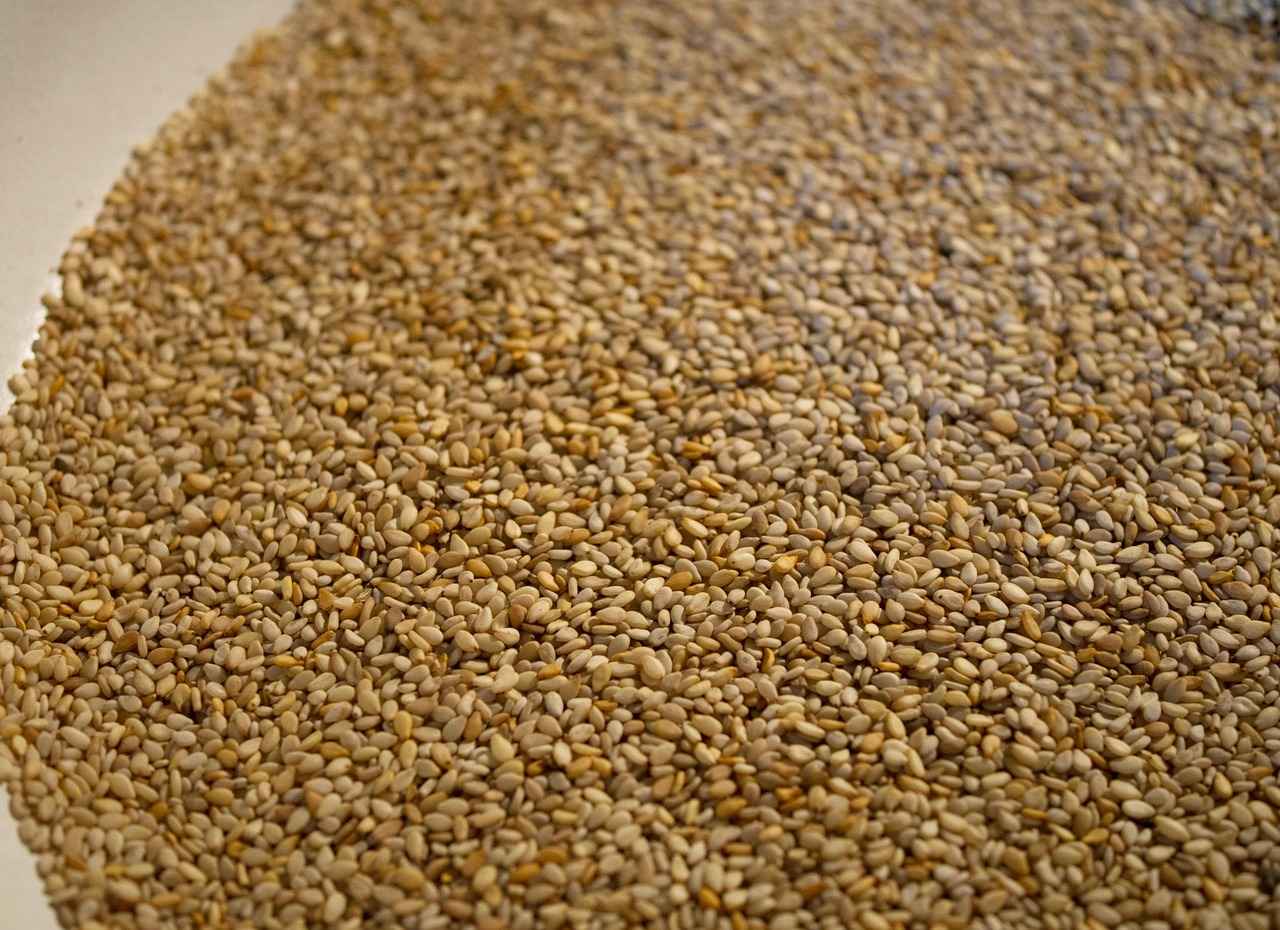
4. What Are the Heart Health Benefits of Chia Seeds?
Chia seeds have emerged as a popular superfood, celebrated not only for their versatility but also for their remarkable health benefits. One of the most significant advantages of chia seeds is their positive impact on heart health. In this section, we will delve into how chia seeds contribute to cardiovascular wellness, focusing on their rich omega-3 fatty acid content, cholesterol-lowering properties, and overall heart health benefits.
Omega-3 fatty acids are essential fats that our bodies cannot produce on their own, making it crucial to obtain them from dietary sources. Chia seeds are one of the richest plant-based sources of these beneficial fats. They contain alpha-linolenic acid (ALA), a type of omega-3 that has been linked to various heart health benefits. Regular consumption of omega-3 fatty acids can help reduce inflammation, lower blood pressure, and improve overall heart function.
Research indicates that chia seeds may play a role in managing cholesterol levels. A study published in the American Journal of Clinical Nutrition found that individuals who incorporated chia seeds into their diet experienced a significant reduction in LDL cholesterol, often referred to as “bad” cholesterol. Lowering LDL levels is crucial for reducing the risk of heart disease, as high levels of this type of cholesterol can lead to plaque buildup in arteries.
High blood pressure is a major risk factor for cardiovascular diseases. The omega-3 fatty acids found in chia seeds can help lower blood pressure by promoting the dilation of blood vessels and improving blood flow. Additionally, their high fiber content can assist in maintaining a healthy weight, further contributing to lower blood pressure levels.
Chia seeds are an excellent source of dietary fiber, which is essential for maintaining heart health. Fiber can help lower cholesterol levels, regulate blood sugar, and promote healthy digestion. A diet rich in fiber has been associated with a reduced risk of heart disease, making chia seeds an ideal addition to a heart-healthy diet.
Chronic inflammation is a contributing factor to many heart-related conditions. The omega-3 fatty acids in chia seeds possess anti-inflammatory properties that can help reduce inflammation throughout the body. By incorporating chia seeds into your diet, you may help combat the inflammatory processes that can lead to heart disease.
- Add to Smoothies: Blend chia seeds into your favorite smoothies for an extra nutrient boost.
- Top Your Breakfast: Sprinkle chia seeds on oatmeal, yogurt, or cereal.
- Baking: Incorporate chia seeds into baked goods like muffins or bread for added texture and nutrition.
- Chia Pudding: Soak chia seeds in milk or a dairy-free alternative overnight to create a delicious pudding.
In conclusion, incorporating chia seeds into your diet can provide numerous heart health benefits, thanks to their rich content of omega-3 fatty acids, fiber, and antioxidants. By understanding and utilizing the heart-healthy properties of chia seeds, you can take proactive steps towards maintaining a healthy cardiovascular system.
Omega-3 Fatty Acids Explained
Omega-3 fatty acids are a type of essential fat that our bodies cannot produce on their own, making it necessary to obtain them through diet. These fatty acids are pivotal for maintaining heart health, as they contribute to various cardiovascular functions. Among the many sources of omega-3s, chia seeds stand out as one of the richest plant-based options available.
Omega-3 fatty acids are a family of polyunsaturated fats that include three primary types: Ala (alpha-linolenic acid), EPA (eicosapentaenoic acid), and DHA (docosahexaenoic acid). While EPA and DHA are typically found in fish and algae, ALA is predominantly found in plant sources like chia seeds, flaxseeds, and walnuts.
Numerous studies have shown that omega-3 fatty acids can significantly reduce the risk of heart disease. They help lower blood pressure, reduce triglycerides, and decrease the risk of arrhythmias. Furthermore, omega-3s have anti-inflammatory properties that can protect the cardiovascular system.
Chia seeds are unique because they are one of the few plant sources that provide a substantial amount of ALA. Just two tablespoons of chia seeds contain about 5 grams of omega-3 fatty acids, making them an excellent choice for those following a vegetarian or vegan diet.
Research has indicated that omega-3 fatty acids can help lower LDL cholesterol (often referred to as “bad” cholesterol) while increasing HDL cholesterol (the “good” cholesterol). This balance is crucial for maintaining a healthy cardiovascular system.
Chronic inflammation is a risk factor for many diseases, including heart disease. Omega-3 fatty acids have been shown to reduce markers of inflammation, which may help mitigate these risks. Incorporating chia seeds into your diet can be an effective way to enhance your intake of these beneficial fats.
- Smoothies: Blend chia seeds into your favorite smoothie for added nutrition.
- Oatmeal: Sprinkle chia seeds on your morning oatmeal for a nutrient boost.
- Baked Goods: Incorporate chia seeds into muffins or bread for enhanced texture and nutrition.
- Salads: Add chia seeds to salads for a crunchy texture and nutritional benefits.
While omega-3 fatty acids are generally safe for most people, excessive intake can lead to potential side effects such as blood thinning and digestive issues. It’s essential to consume them in moderation and consult with a healthcare provider if you have any concerns.
The American Heart Association recommends consuming at least two servings of fatty fish per week, which equates to about 500 mg of EPA and DHA combined per day for most adults. For those relying on plant sources like chia seeds, aiming for a daily intake of around 1.6 grams of ALA for men and 1.1 grams for women is advisable.
Incorporating chia seeds into your diet is not only a delicious way to enhance your meals but also an effective strategy to boost your omega-3 fatty acid intake and support your overall heart health.
Reducing Cholesterol Levels
Chia seeds, often hailed as a superfood, are not just a trend but a nutritional powerhouse that can offer numerous health benefits. One of the most significant advantages of incorporating chia seeds into your diet is their potential to lower LDL cholesterol levels, which is crucial for maintaining heart health. This article delves into how chia seeds can positively affect cholesterol levels and overall cardiovascular wellness.
Low-Density Lipoprotein (LDL) cholesterol is often referred to as “bad” cholesterol. High levels of LDL can lead to a buildup of plaque in the arteries, increasing the risk of heart disease and stroke. Managing LDL levels is essential for cardiovascular health, and dietary choices play a pivotal role in this management.
Research has shown that regular consumption of chia seeds can lead to a reduction in LDL cholesterol levels. This effect is primarily attributed to the seeds’ high content of omega-3 fatty acids, fiber, and antioxidants. Here’s how each component contributes:
- Omega-3 Fatty Acids: Chia seeds are one of the richest plant sources of omega-3s, which are known to help lower triglyceride levels and improve overall lipid profiles.
- Dietary Fiber: The high soluble fiber content in chia seeds can bind to cholesterol in the digestive system, preventing its absorption into the bloodstream. This process helps to lower LDL cholesterol levels effectively.
- Antioxidants: Chia seeds are packed with antioxidants that can combat oxidative stress, which is often linked to high cholesterol levels and cardiovascular diseases.
Several studies have explored the relationship between chia seeds and cholesterol levels. One study found that participants who incorporated chia seeds into their diet experienced a significant reduction in LDL cholesterol after just a few weeks. The findings suggest that the regular intake of chia seeds can be a beneficial strategy for those looking to manage their cholesterol levels.
Adding chia seeds to your diet is both simple and versatile. Here are some practical ways to include them:
- Smoothies: Blend chia seeds into your favorite smoothies for an added nutritional boost.
- Breakfast Bowls: Sprinkle chia seeds on oatmeal or yogurt for a crunchy texture and enhanced fiber content.
- Baking: Add chia seeds to baked goods like muffins or bread for added nutrition.
- Chia Pudding: Soak chia seeds in milk or a milk alternative overnight to create a delicious and nutritious pudding.
While chia seeds are generally safe for most people, it’s essential to consume them in moderation. Due to their high fiber content, excessive intake can lead to digestive discomfort, such as bloating or gas. It’s advisable to start with a small amount and gradually increase your intake.
In conclusion, chia seeds are an excellent addition to a heart-healthy diet, particularly for those looking to lower LDL cholesterol levels. Their rich nutrient profile, combined with their potential to improve cholesterol levels, makes them a valuable ally in promoting cardiovascular health. By incorporating chia seeds into your daily routine, you can take proactive steps towards better heart health.
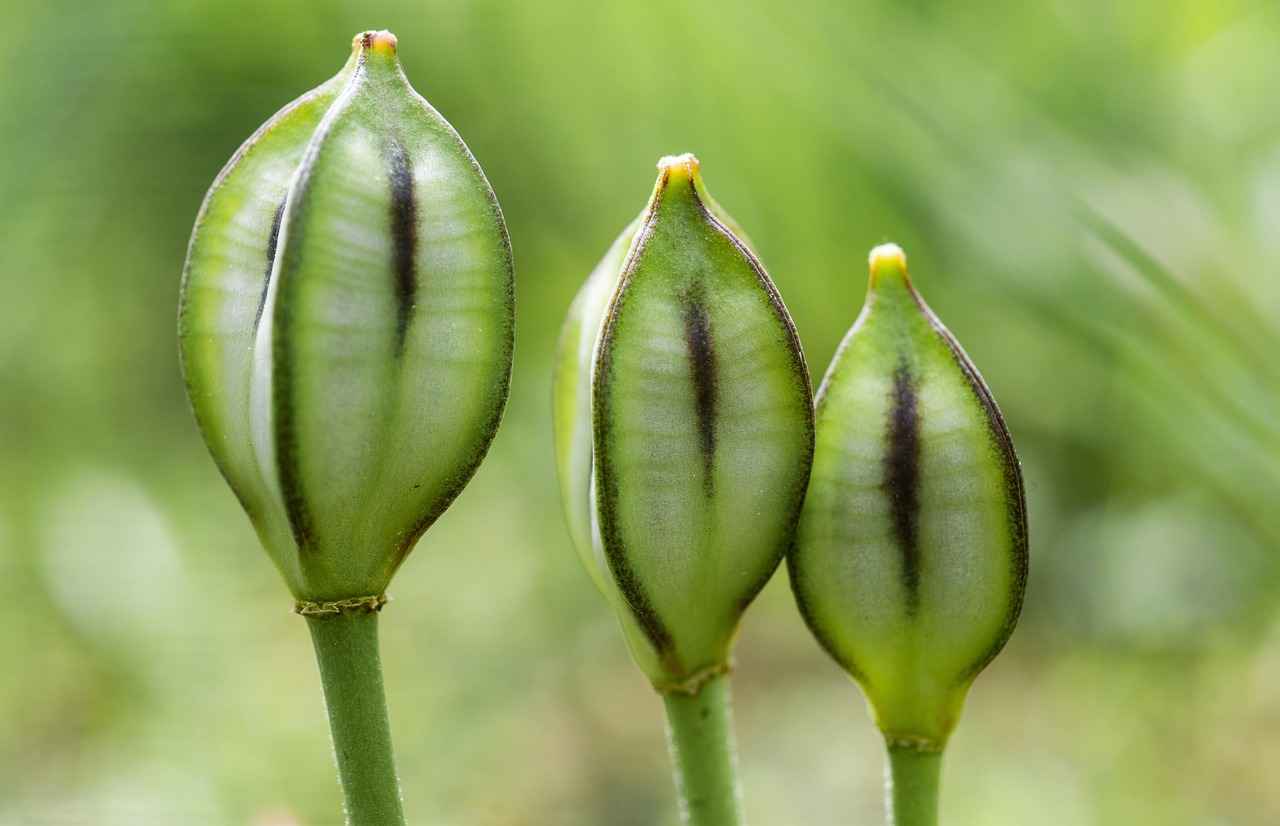
5. How Do Chia Seeds Impact Blood Sugar Levels?
Chia seeds have emerged as a popular superfood, particularly for their potential health benefits related to blood sugar regulation. This section delves into how these tiny seeds can be a valuable addition to the diets of those managing diabetes or looking to maintain stable blood sugar levels.
Blood sugar levels fluctuate throughout the day, influenced by various factors such as diet, physical activity, and hormonal changes. For individuals with diabetes, maintaining stable blood sugar levels is crucial to prevent complications. Chia seeds may play a significant role in this aspect due to their unique nutritional profile.
Chia seeds are rich in soluble fiber, which is known for its ability to slow down the digestion of carbohydrates. This slow digestion is essential for preventing spikes in blood sugar levels after meals. By forming a gel-like substance in the stomach, soluble fiber helps to moderate the release of glucose into the bloodstream.
- Slows Digestion: The gel-forming property of soluble fiber slows the digestive process, allowing for a more gradual absorption of sugars.
- Enhances Satiety: By promoting feelings of fullness, chia seeds may help reduce overall calorie intake, which is beneficial for weight management—a crucial aspect of diabetes control.
Some studies suggest that chia seeds may enhance insulin sensitivity, which is vital for effective blood sugar management. Improved insulin sensitivity allows the body to utilize glucose more efficiently, reducing the risk of high blood sugar levels.
Chia seeds are also rich in antioxidants, which can help combat oxidative stress—a factor linked to insulin resistance. By reducing oxidative stress, chia seeds may contribute to better overall metabolic health.
Adding chia seeds to your diet can be simple and versatile. Here are some practical ways to incorporate them:
- Chia Pudding: Mix chia seeds with your choice of milk or yogurt and let them sit overnight for a nutritious breakfast.
- Smoothies: Blend chia seeds into your favorite smoothie for an added nutrient boost.
- Baking: Add chia seeds to muffins, bread, or energy bars for increased fiber content.
For those looking to manage blood sugar levels, a daily intake of about 1-2 tablespoons of chia seeds is generally recommended. However, it’s essential to consult with a healthcare professional to tailor this to individual health needs.
In summary, chia seeds offer numerous benefits for blood sugar regulation, making them an excellent addition to the diets of those with diabetes or anyone looking to maintain stable blood sugar levels. Their high fiber content, potential to improve insulin sensitivity, and rich antioxidant profile contribute to their effectiveness in glycemic control. By incorporating chia seeds into your meals, you can take a proactive step toward better health.
Slow Digestion of Carbohydrates
Chia seeds have emerged as a popular superfood, renowned for their numerous health benefits. One of the most significant advantages they offer is their ability to aid in the . This property is primarily attributed to the high levels of soluble fiber present in these tiny seeds.
Soluble fiber is a type of dietary fiber that dissolves in water, forming a gel-like substance in the digestive tract. This unique characteristic allows it to slow down the digestion process, which has several positive effects on health, particularly regarding blood sugar levels.
When you consume carbohydrates, your body breaks them down into glucose, which enters the bloodstream. Rapid spikes in blood sugar can lead to energy crashes and cravings. However, the soluble fiber in chia seeds acts as a buffer, slowing the absorption of glucose into the bloodstream. This gradual release of sugar helps to maintain stable blood sugar levels after meals, reducing the risk of insulin resistance and type 2 diabetes.
- Improved Energy Levels: By preventing sudden spikes and drops in blood sugar, chia seeds can help sustain energy throughout the day.
- Reduced Cravings: Stable blood sugar levels can lead to fewer cravings for sugary snacks, aiding in weight management.
- Enhanced Mood: Fluctuating blood sugar levels can impact mood and cognitive function. By stabilizing these levels, chia seeds may contribute to better mental clarity and emotional well-being.
To maximize the benefits of chia seeds, consider incorporating them into meals that include other sources of carbohydrates. For instance, adding chia seeds to oatmeal or yogurt can slow the digestion of those carbohydrates even further, enhancing their blood sugar-stabilizing effects.
Adding chia seeds to your diet is simple and versatile. Here are some practical tips:
- Smoothies: Blend chia seeds into your morning smoothie for added nutrition.
- Baking: Incorporate chia seeds into baked goods like muffins or bread for a health boost.
- Salads: Sprinkle chia seeds on salads for a crunchy texture and nutritional enhancement.
In summary, the soluble fiber in chia seeds plays a crucial role in slowing down carbohydrate digestion, which helps stabilize blood sugar levels. By incorporating chia seeds into your diet, you can enjoy their numerous health benefits while promoting better overall well-being.
Potential for Insulin Sensitivity
Chia seeds, often hailed as a superfood, have garnered significant attention for their myriad health benefits. Among these benefits, their potential role in enhancing insulin sensitivity is particularly noteworthy. This property is crucial for individuals managing their blood sugar levels, especially those with diabetes or prediabetes.
Insulin sensitivity refers to how responsive your cells are to insulin, a hormone that regulates blood sugar levels. When cells are insulin sensitive, they can efficiently use glucose for energy, preventing excessive sugar buildup in the bloodstream. Conversely, low insulin sensitivity, or insulin resistance, can lead to higher blood sugar levels, increasing the risk of type 2 diabetes.
Research indicates that chia seeds may play a role in enhancing insulin sensitivity through several mechanisms:
- High Fiber Content: Chia seeds are rich in dietary fiber, which aids in slowing down the digestion of carbohydrates. This slow digestion helps maintain stable blood sugar levels, reducing the need for large insulin spikes.
- Omega-3 Fatty Acids: These seeds are an excellent source of omega-3 fatty acids, which have been shown to improve insulin sensitivity. Omega-3s can reduce inflammation, a factor that contributes to insulin resistance.
- Antioxidant Properties: Chia seeds are loaded with antioxidants that may combat oxidative stress, another contributor to insulin resistance. By reducing oxidative stress, chia seeds can help improve overall metabolic function.
Several studies have explored the relationship between chia seeds and insulin sensitivity. For instance, a study published in the Journal of Nutrition found that participants who incorporated chia seeds into their diet experienced improved insulin sensitivity compared to those who did not. Another study highlighted that the high fiber content in chia seeds played a significant role in regulating blood sugar levels post-meal.
To harness the potential benefits of chia seeds for insulin sensitivity, consider adding them to your daily meals:
- Breakfast: Sprinkle chia seeds on oatmeal or mix them into smoothies for a nutritious start to your day.
- Baking: Incorporate chia seeds into baked goods like muffins or bread for added fiber and nutrients.
- Snacks: Make chia pudding by soaking chia seeds in almond milk or yogurt, sweetened with a bit of honey or fruit.
In summary, chia seeds offer a range of health benefits, particularly in enhancing insulin sensitivity. Their high fiber content, omega-3 fatty acids, and antioxidant properties work synergistically to support blood sugar management. Incorporating chia seeds into your diet can be a simple yet effective way to promote better health, especially for those concerned about insulin sensitivity and blood sugar levels.
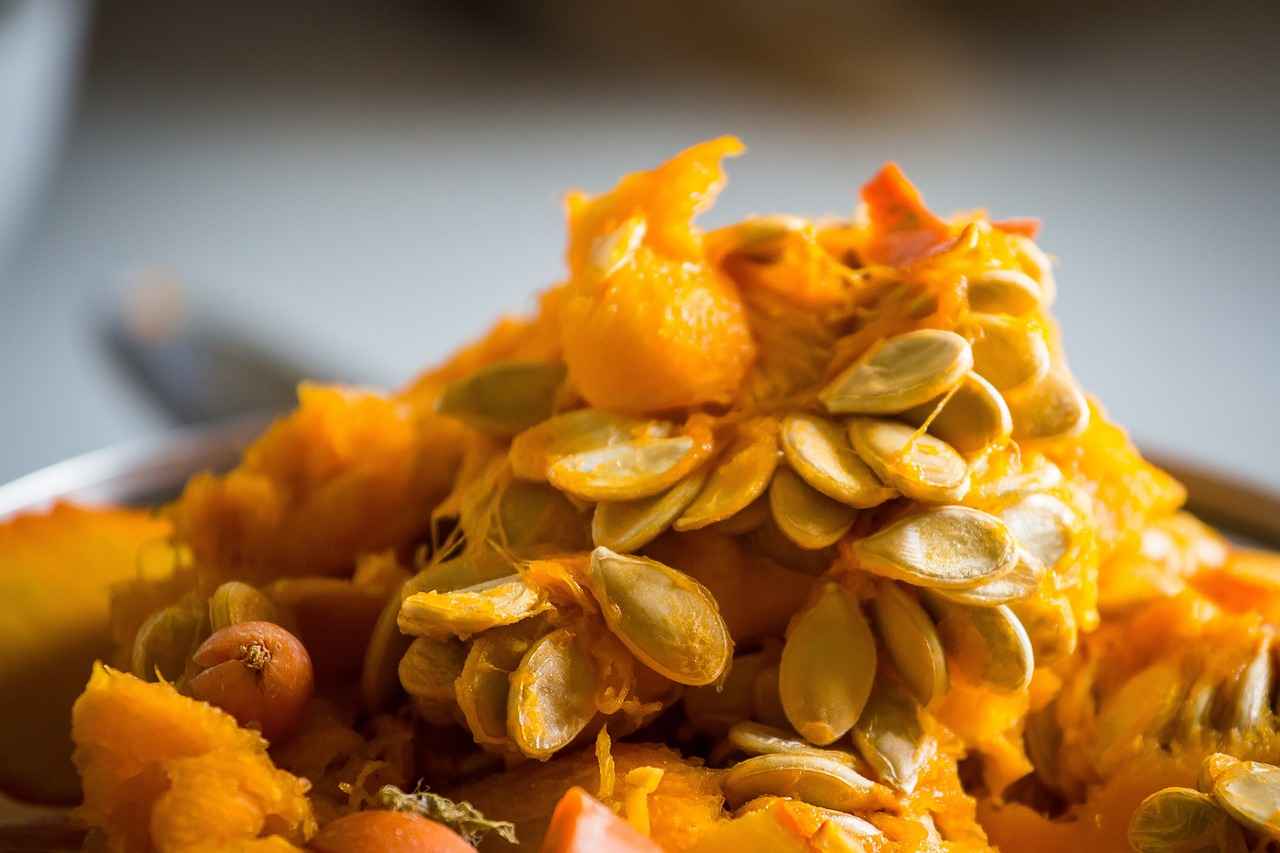
6. Are Chia Seeds Beneficial for Bone Health?
Chia seeds have emerged as a popular superfood, and their benefits extend beyond just being a trendy addition to smoothies. When it comes to bone health, chia seeds offer a wealth of nutrients that are essential for maintaining strong and healthy bones. This section will delve into how chia seeds can contribute to bone health, highlighting their nutritional components and their roles in preventing bone-related issues.
Chia seeds are a powerhouse of calcium, phosphorus, and magnesium, all of which are vital for maintaining bone density and overall skeletal health. Let’s explore how these nutrients work together to support your bones.
Calcium is perhaps the most well-known nutrient when it comes to bone health. Chia seeds contain approximately 631 mg of calcium per 100 grams, making them an excellent plant-based source. Calcium plays a crucial role in:
- Building and maintaining bone mass
- Preventing osteoporosis, especially in older adults
- Supporting muscle function and nerve transmission
In addition to calcium, phosphorus is another critical mineral found in chia seeds. With about 273 mg per 100 grams, phosphorus contributes to:
- The formation of hydroxyapatite, the mineral complex that gives bones their strength
- Regulating calcium levels in the body, ensuring optimal bone health
- Supporting energy production and storage
Chia seeds also boast a substantial amount of magnesium, with around 335 mg per 100 grams. This mineral is often overlooked but is vital for:
- Converting vitamin D into its active form, which enhances calcium absorption
- Maintaining bone density and preventing fractures
- Supporting overall metabolic functions
Regular consumption of chia seeds can significantly impact your bone health, particularly as you age. The combination of calcium, phosphorus, and magnesium helps to:
- Reduce the risk of osteoporosis
- Enhance bone mineral density
- Support recovery from injuries related to bone health
Adding chia seeds to your diet is simple and versatile. Here are some practical ways to include them:
- Add chia seeds to smoothies or yogurt for a nutritious boost.
- Use them in baking, such as in muffins or bread, to enhance nutrient content.
- Soak chia seeds in water or milk to create a gel-like pudding, which can be flavored with fruits and spices.
In conclusion, chia seeds are a fantastic addition to any diet, particularly for those concerned about bone health. Their rich nutrient profile supports not only bone density but also overall wellness. By incorporating chia seeds into your daily meals, you can take proactive steps toward maintaining strong and healthy bones.
Calcium Content
Chia seeds, often hailed as a superfood, are not only versatile but also a powerhouse of essential nutrients. One of the standout features of these tiny seeds is their impressive . This article explores the significance of calcium in chia seeds and its vital role in maintaining bone health and overall skeletal integrity.
Calcium is a crucial mineral that plays a significant role in building and maintaining strong bones. It is the primary component of bone tissue, and adequate intake is necessary to prevent bone-related disorders such as osteoporosis. The body continuously undergoes a process of bone remodeling, where old bone is replaced with new bone. Sufficient calcium levels are essential during this process to ensure optimal bone density and strength.
Chia seeds are remarkably rich in calcium, offering approximately 177 mg of calcium per ounce (about 28 grams). This amount is significant, especially for those following a plant-based diet, where calcium sources may be limited. For comparison, one ounce of chia seeds provides more calcium than a glass of milk, making them an excellent option for individuals looking to boost their calcium intake.
In addition to calcium, chia seeds contain other essential nutrients that contribute to bone health:
- Phosphorus: Vital for bone formation and repair, phosphorus works in tandem with calcium to build strong bones.
- Magnesium: This mineral is crucial for converting vitamin D into its active form, which helps in calcium absorption and utilization.
The combination of calcium, phosphorus, and magnesium in chia seeds creates a synergistic effect that promotes bone density. Regular consumption of chia seeds can help ensure that your body has the necessary building blocks for maintaining strong bones. Studies have shown that adequate calcium intake is associated with higher bone mineral density, reducing the risk of fractures and osteoporosis.
Osteoporosis is a condition characterized by weak and brittle bones, often leading to fractures. By incorporating chia seeds into your diet, you can significantly increase your calcium intake, which may help in the prevention of osteoporosis. Furthermore, the high fiber content in chia seeds can aid in overall digestive health, ensuring better nutrient absorption, including calcium and other vital minerals.
Integrating chia seeds into your daily meals is simple and can be delicious. Here are some practical ways to enjoy them:
- Add to Smoothies: Blend chia seeds into your favorite smoothies for a nutrient boost.
- Mix into Yogurt: Stir chia seeds into yogurt for added texture and nutrition.
- Bake with Them: Incorporate chia seeds into baked goods like muffins and bread for added health benefits.
In summary, chia seeds are a remarkable source of calcium and other essential nutrients that contribute to bone health. By including these tiny seeds in your diet, you can support your skeletal system and reduce the risk of bone-related conditions. Their versatility makes them an easy addition to various meals, ensuring you reap the benefits of this superfood.
Other Bone-Strengthening Nutrients
Chia seeds are not only a popular superfood but also a powerhouse of essential nutrients that contribute significantly to bone health. While many people recognize the importance of calcium in maintaining strong bones, few are aware that phosphorus and magnesium also play critical roles in this process. In this section, we will explore how these nutrients work synergistically with calcium to promote bone strength and reduce the risk of osteoporosis.
Phosphorus is the second most abundant mineral in the body and is crucial for maintaining bone density. It works alongside calcium to form hydroxyapatite, the mineral complex that gives bones their strength and structure. A diet rich in phosphorus helps to:
- Support Bone Formation: Adequate phosphorus levels are essential for the formation of new bone tissue.
- Enhance Calcium Absorption: Phosphorus aids in the absorption of calcium, ensuring that bones receive the necessary minerals to remain strong.
- Maintain pH Balance: This mineral helps maintain the body’s acid-base balance, which is crucial for overall health.
Magnesium is another vital nutrient found in chia seeds that contributes to bone health. It helps to regulate calcium levels in the body and is involved in over 300 biochemical reactions. The benefits of magnesium for bone health include:
- Bone Density Improvement: Studies show that magnesium deficiency can lead to lower bone density, increasing the risk of fractures.
- Regulating Hormones: Magnesium plays a role in the production of hormones that are essential for bone health, such as parathyroid hormone.
- Preventing Osteoporosis: Adequate magnesium intake is associated with a reduced risk of osteoporosis, particularly in older adults.
When consumed together, calcium, phosphorus, and magnesium create a powerful trio that supports bone health. This synergy is crucial for:
- Optimal Bone Mineralization: The combination of these minerals ensures that bones are properly mineralized, enhancing strength and resilience.
- Reducing Bone Loss: A balanced intake of these nutrients helps to mitigate bone loss, especially in postmenopausal women and the elderly.
- Improving Overall Health: Strong bones are foundational to overall health, enabling individuals to maintain an active lifestyle.
To reap the bone-strengthening benefits of chia seeds, consider the following tips:
- Add to Smoothies: Blend chia seeds into your morning smoothie for a nutrient boost.
- Use in Baking: Incorporate chia seeds into baked goods like bread and muffins.
- Top Your Meals: Sprinkle chia seeds on salads, yogurt, or oatmeal for added crunch and nutrition.
In conclusion, chia seeds are a fantastic source of not only calcium but also phosphorus and magnesium, which are essential for maintaining strong bones. By including these tiny seeds in your diet, you can significantly enhance your bone health and reduce the risk of osteoporosis.
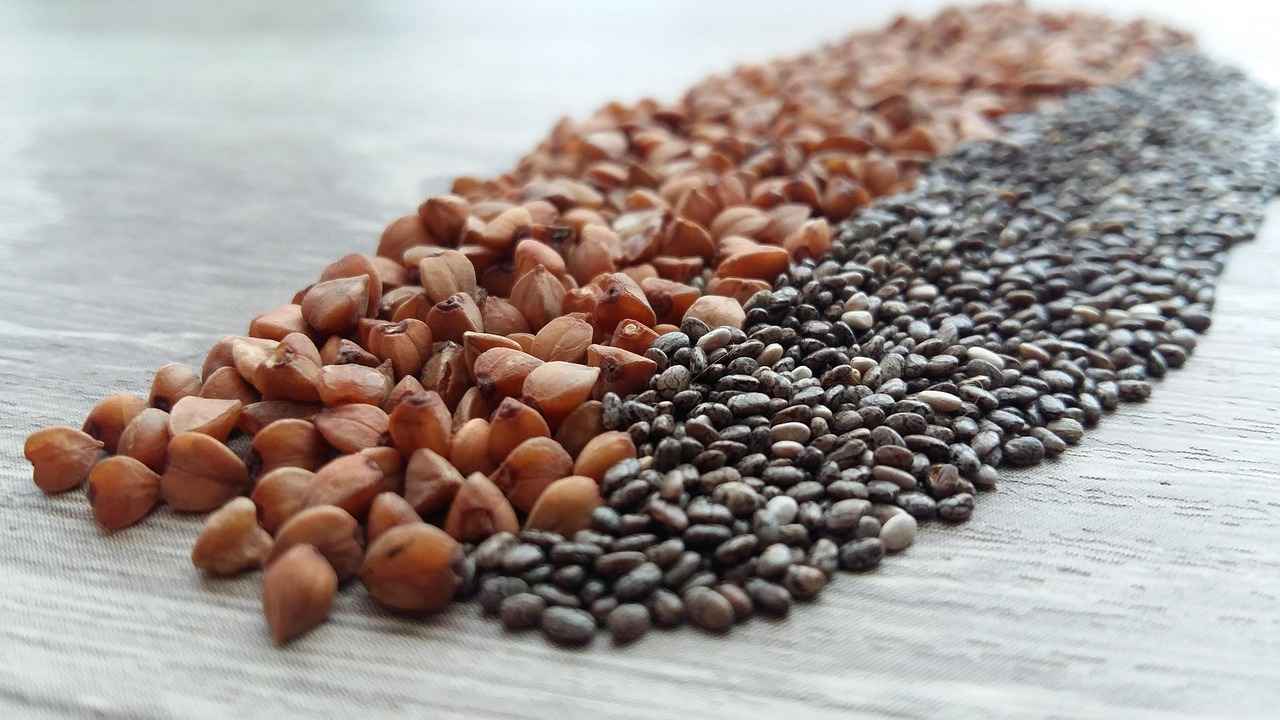
7. Can Chia Seeds Improve Skin Health?
Chia seeds have emerged as a popular superfood, not only for their nutritional benefits but also for their potential to enhance skin health. This section delves into how the antioxidants and omega-3 fatty acids found in chia seeds can significantly contribute to maintaining skin elasticity and hydration.
Antioxidants play a crucial role in protecting the skin from damage caused by free radicals, which are unstable molecules that can lead to premature aging. Chia seeds are rich in antioxidants, including quercetin and chlorogenic acid, that help neutralize these harmful molecules. By incorporating chia seeds into your diet, you can bolster your skin’s defenses against environmental stressors such as pollution and UV radiation.
The omega-3 fatty acids present in chia seeds, particularly alpha-linolenic acid (ALA), are essential for maintaining skin health. These fatty acids help to:
- Enhance Skin Elasticity: Omega-3s support the structural integrity of cell membranes, which can improve skin elasticity and firmness.
- Improve Hydration: They play a vital role in retaining moisture, preventing dryness and flakiness.
- Reduce Inflammation: Omega-3s have anti-inflammatory properties that can help soothe skin conditions such as eczema and acne.
One of the remarkable properties of chia seeds is their ability to absorb water—up to 12 times their weight. When consumed, they swell and form a gel-like substance, which can aid in hydration. This not only benefits your internal hydration but can also lead to a more plump and youthful appearance of the skin.
To reap the skin-enhancing benefits of chia seeds, consider the following practical tips:
- Add to Smoothies: Blend chia seeds into your favorite smoothies for a nutritious boost.
- Chia Seed Pudding: Soak chia seeds in almond milk or coconut milk overnight to create a delicious pudding.
- Top Your Meals: Sprinkle chia seeds on salads, yogurt, or oatmeal for added texture and nutrients.
While chia seeds are generally safe for most people, it’s essential to consume them in moderation. Overconsumption may lead to digestive issues due to their high fiber content. Always drink plenty of water when incorporating chia seeds into your diet to aid digestion.
Incorporating chia seeds into your diet can offer numerous benefits for skin health, thanks to their rich content of antioxidants and omega-3 fatty acids. By enhancing skin elasticity and hydration, chia seeds can be a valuable ally in your quest for a glowing complexion. Start small and enjoy the myriad of health benefits these tiny seeds have to offer!
Antioxidants and Skin Protection
Antioxidants play a crucial role in maintaining skin health, and chia seeds are an excellent source of these powerful compounds. These tiny seeds, derived from the Salvia hispanica plant, are packed with antioxidants that help combat oxidative stress and environmental damage that can lead to premature aging and skin issues.
Oxidative stress occurs when there is an imbalance between free radicals and antioxidants in the body. Free radicals, which are generated from various sources such as pollution, UV radiation, and even stress, can cause significant damage to skin cells. This damage can manifest as wrinkles, fine lines, and a dull complexion. By incorporating chia seeds into your diet, you can enhance your skin’s defense system.
Chia seeds contain a variety of antioxidants, including quercetin, kaempferol, and chlorogenic acid. These compounds work synergistically to neutralize free radicals, thereby protecting the skin from oxidative damage. Regular consumption of chia seeds can help improve skin elasticity and hydration, promoting a youthful appearance.
Environmental factors such as pollution and UV exposure can accelerate skin aging. The antioxidants found in chia seeds help to mitigate these effects by stabilizing free radicals and reducing inflammation. This protective effect can lead to healthier skin and a reduction in the appearance of age spots and blemishes.
Another significant benefit of chia seeds is their ability to absorb water—up to 12 times their weight. This property not only aids in hydration but also helps maintain skin moisture levels. Well-hydrated skin appears plumper and more radiant, which is essential for a youthful glow.
- Add to Smoothies: Blend chia seeds into your morning smoothie for a nutrient boost.
- Top Your Yogurt: Sprinkle chia seeds on yogurt or oatmeal for added crunch and nutrition.
- Chia Pudding: Create a delicious chia pudding by soaking seeds in almond milk overnight and adding your favorite fruits.
While chia seeds are generally safe for most people, it’s important to consume them in moderation. Due to their high fiber content, excessive intake can lead to digestive discomfort. Always ensure to drink plenty of water when consuming chia seeds to aid digestion.
Nutritionists and dermatologists alike emphasize the importance of a balanced diet rich in antioxidants for optimal skin health. Chia seeds, being a plant-based source, are particularly beneficial for those looking to enhance their skincare routine naturally. Incorporating chia seeds into your diet not only supports skin health but also contributes to overall well-being.
In summary, the antioxidants in chia seeds provide robust protection against oxidative stress and environmental damage, making them a valuable addition to your diet. By enhancing skin hydration and elasticity, these tiny seeds can help you achieve a radiant complexion and maintain youthful skin.
Hydration Benefits
Chia seeds, often hailed as a superfood, are not only packed with essential nutrients but also possess remarkable properties that can enhance skin health. One of the standout benefits of chia seeds is their ability to absorb water, which plays a crucial role in promoting skin hydration and maintaining a youthful appearance.
Chia seeds can absorb up to 12 times their weight in water, creating a gel-like substance that can help retain moisture. This unique property is especially beneficial for skin hydration. When consumed, chia seeds release this moisture slowly, which can contribute to a sustained level of hydration in the body. Proper hydration is essential for maintaining skin elasticity and combating dryness.
- Maintains Elasticity: Well-hydrated skin is more elastic, reducing the appearance of fine lines and wrinkles.
- Promotes a Glowing Complexion: Adequate hydration helps in achieving a radiant and youthful complexion.
- Reduces Inflammation: Hydrated skin is less prone to irritation and inflammation, promoting overall skin health.
In addition to their hydrating properties, chia seeds are rich in antioxidants, which play a significant role in protecting the skin from oxidative stress. Antioxidants help combat free radicals, which can cause premature aging. By incorporating chia seeds into your diet, you not only boost hydration but also enhance your skin’s defense against environmental damage.
Incorporating chia seeds into your diet is simple and versatile. Here are some practical tips:
- Chia Pudding: Mix chia seeds with your choice of milk and let them soak overnight for a nutritious breakfast or snack.
- Smoothies: Add a tablespoon of chia seeds to your smoothies for an extra boost of hydration and nutrients.
- Baked Goods: Incorporate chia seeds into muffins, bread, or energy bars for added texture and health benefits.
Soaking chia seeds before consumption not only enhances their hydrating properties but also improves digestibility. When soaked, the seeds expand and form a gel, making them easier for the body to absorb nutrients. This preparation method ensures you get the most out of the chia seeds, maximizing their benefits for skin hydration and overall health.
In summary, the ability of chia seeds to absorb water significantly contributes to skin hydration, promoting a youthful and glowing complexion. By incorporating chia seeds into your diet, you can enjoy their numerous health benefits while ensuring your skin remains well-hydrated and radiant. With their rich nutrient profile and versatile usage, chia seeds are an excellent addition to any health-conscious diet.

8. How Do Chia Seeds Support Mental Health?
Chia seeds, often hailed as a superfood, are not only celebrated for their physical health benefits but also for their potential contributions to mental health. This section delves into the ways these tiny seeds may positively influence mood and cognitive function, primarily due to their rich content of omega-3 fatty acids.
Omega-3 fatty acids are essential fats that our bodies cannot produce on their own, making it vital to obtain them through diet. Chia seeds are one of the richest plant-based sources of these beneficial fats. The presence of omega-3s in chia seeds can support brain health in several ways:
- Neuroprotection: Omega-3s are known to have neuroprotective properties, which can help safeguard brain cells from damage.
- Cognitive Function: Regular intake of omega-3 fatty acids is linked to improved cognitive function, including better memory and learning capabilities.
- Mood Regulation: Omega-3s contribute to the production of neurotransmitters that regulate mood, potentially reducing the risk of mood disorders.
Research has indicated a connection between the consumption of omega-3 fatty acids and a decrease in symptoms of anxiety and depression. By including chia seeds in your diet, you may experience:
- Enhanced Emotional Well-Being: The anti-inflammatory properties of omega-3s can help alleviate feelings of sadness and anxiety.
- Stabilized Mood Fluctuations: Regular consumption may lead to more stable mood patterns, reducing the frequency of emotional highs and lows.
Several studies have underscored the importance of omega-3 fatty acids in mental well-being. For instance, a study published in the Journal of Clinical Psychiatry found that individuals with higher omega-3 intake reported lower levels of depression. Furthermore, another study highlighted that omega-3 supplementation could improve symptoms of anxiety disorders.
To reap the mental health benefits of chia seeds, consider incorporating them into your daily meals. Here are some practical tips:
- Add to Smoothies: Blend chia seeds into your morning smoothie for a nutritious boost.
- Top Your Breakfast: Sprinkle chia seeds on oatmeal or yogurt for added texture and health benefits.
- Baking: Incorporate chia seeds into baked goods like muffins or bread for a healthy twist.
While chia seeds offer numerous benefits, it’s essential to consume them as part of a balanced diet. Over-reliance on any single food for mental health support can be counterproductive. Additionally, individuals with specific health conditions should consult healthcare professionals before making significant dietary changes.
In conclusion, chia seeds present a promising avenue for supporting mental health, primarily through their omega-3 fatty acid content. By understanding their benefits and incorporating them into your diet, you can take proactive steps toward enhancing both your physical and mental well-being.
Omega-3 and Brain Function
Omega-3 fatty acids are increasingly recognized for their vital role in supporting brain health. These essential fats are crucial for maintaining cognitive function and emotional well-being. One of the best plant-based sources of omega-3 is found in chia seeds, making them an excellent addition to any diet aimed at enhancing mental clarity and mood stability.
Omega-3 fatty acids, particularly EPA (eicosapentaenoic acid) and DHA (docosahexaenoic acid), are integral to the structure of brain cells. They contribute to the fluidity of cell membranes, which is essential for optimal brain function. Research indicates that a deficiency in omega-3s can lead to cognitive decline and increased risk of mental health disorders.
Chia seeds are an excellent source of alpha-linolenic acid (ALA), a type of omega-3 fatty acid. ALA is converted into EPA and DHA in the body, although the conversion rate is relatively low. Nonetheless, incorporating chia seeds into your diet can still provide significant benefits:
- Enhanced Memory: Regular intake of omega-3s has been linked to improved memory performance, particularly in older adults.
- Improved Focus: Omega-3 fatty acids are known to enhance concentration and focus, making chia seeds a great addition to study diets.
- Mood Regulation: Studies suggest that adequate omega-3 intake can help reduce symptoms of anxiety and depression, contributing to overall emotional stability.
The relationship between omega-3 fatty acids and mood is well-documented. Regular consumption of chia seeds may help in:
- Reducing Anxiety: Omega-3s can influence neurotransmitter pathways, potentially reducing feelings of anxiety.
- Combating Depression: Some studies have shown that omega-3 supplementation can be effective in alleviating depressive symptoms.
Adding chia seeds to your daily routine is simple and versatile. Here are some practical ways to include them:
- Breakfast Boost: Add chia seeds to smoothies, oatmeal, or yogurt for a nutritious start to your day.
- Baking: Incorporate them into baked goods such as muffins or bread for added health benefits.
- Hydration: Soak chia seeds in water or juice to create a refreshing drink that supports hydration and provides omega-3s.
Incorporating chia seeds into your diet can significantly contribute to your brain health and emotional well-being. With their high omega-3 content, these tiny seeds pack a powerful punch in supporting cognitive function and stabilizing mood. By understanding the benefits of chia seeds and how to use them effectively, you can take proactive steps towards enhancing your mental health naturally.
Reducing Anxiety and Depression
Chia seeds, often hailed as a superfood, are not only rich in nutrients but also offer significant mental health benefits. One area of growing interest is their potential role in . With an increasing number of studies exploring this connection, it’s essential to understand how these tiny seeds can impact mental well-being.
Chia seeds are one of the richest plant sources of omega-3 fatty acids, particularly alpha-linolenic acid (ALA). Omega-3s are known for their anti-inflammatory properties and their role in brain health. Research indicates that a diet rich in omega-3s may help mitigate symptoms of anxiety and depression. This is largely due to their ability to influence neurotransmitter function and reduce inflammation in the brain.
Several studies have suggested a link between omega-3 intake and improved mental health outcomes. For instance, a study published in the Journal of Clinical Psychiatry found that individuals with higher omega-3 levels reported lower levels of anxiety and depression. Furthermore, chia seeds, being a plant-based source of omega-3s, provide an excellent alternative for those who do not consume fish or other animal products.
The incorporation of chia seeds into the diet can help stabilize mood through various mechanisms:
- Neurotransmitter Regulation: Omega-3 fatty acids are crucial for the production and function of neurotransmitters such as serotonin and dopamine, which play significant roles in mood regulation.
- Inflammation Reduction: Chronic inflammation has been linked to mood disorders. The anti-inflammatory properties of omega-3s may help reduce this inflammation, potentially alleviating symptoms of anxiety and depression.
- Improved Brain Function: Omega-3s contribute to the structural integrity of brain cells, enhancing cognitive function and emotional resilience.
Adding chia seeds to your diet is simple and versatile. Here are some practical tips:
- Smoothies: Blend chia seeds into your favorite smoothies for a nutrient boost.
- Oatmeal: Stir chia seeds into oatmeal or overnight oats for added texture and health benefits.
- Baking: Use chia seeds in baking recipes, such as muffins or bread, to enhance nutritional content.
- Salads: Sprinkle chia seeds on salads for a crunchy topping.
While chia seeds are generally safe for most people, it’s essential to consume them in moderation. Due to their high fiber content, excessive consumption may lead to digestive discomfort. It’s advisable to start with a small amount and gradually increase your intake, ensuring adequate hydration.
In summary, chia seeds offer a promising avenue for supporting mental health, particularly in reducing symptoms of anxiety and depression. Their rich omega-3 fatty acid content, combined with their versatility in the diet, makes them an excellent choice for those looking to enhance their overall well-being. By incorporating chia seeds into your meals, you may not only enjoy their nutritional benefits but also support your mental health.

9. Are Chia Seeds Beneficial for Athletes?
Chia seeds have emerged as a popular choice among athletes due to their remarkable energy-boosting properties. These tiny seeds are packed with essential nutrients that can significantly enhance athletic performance and aid in recovery. In this section, we will explore how chia seeds can benefit athletes in various ways.
Chia seeds are an excellent source of complex carbohydrates, which provide a sustained energy release during physical activities. This is crucial for athletes who need to maintain their energy levels throughout their workouts or competitions. The carbohydrate content in chia seeds can help replenish glycogen stores, ensuring that athletes have the fuel they need to perform at their best.
In addition to carbohydrates, chia seeds are rich in plant-based protein. Protein is essential for muscle repair and recovery, especially after intense workouts. Consuming chia seeds post-exercise can help athletes rebuild muscle tissue and enhance recovery time. The amino acids found in chia seeds support muscle synthesis, making them a valuable addition to an athlete’s diet.
One of the standout features of chia seeds is their ability to absorb up to 12 times their weight in water. This property can aid in hydration, which is critical for athletes during prolonged physical exertion. By soaking chia seeds before consumption, athletes can create a hydrating gel that not only quenches thirst but also provides essential nutrients, helping to maintain optimal fluid balance during workouts.
The anti-inflammatory properties of chia seeds can play a vital role in post-exercise recovery. Intense workouts often lead to inflammation and muscle soreness. Chia seeds contain omega-3 fatty acids, which have been shown to reduce inflammation in the body. By incorporating chia seeds into their diet, athletes may experience less muscle soreness and faster recovery times.
Chia seeds are known for their ability to enhance endurance during long-duration activities. The combination of carbohydrates, protein, and healthy fats in chia seeds provides a balanced source of energy that can help athletes sustain their performance over extended periods. This makes chia seeds an ideal snack for endurance athletes, such as runners and cyclists.
- Chia Pudding: Mix chia seeds with milk or a dairy-free alternative, add sweeteners and fruits, and let it sit overnight for a nutritious breakfast.
- Smoothies: Blend chia seeds into smoothies for an extra boost of energy and nutrients.
- Energy Bars: Incorporate chia seeds into homemade energy bars for a convenient on-the-go snack.
- Salads: Sprinkle chia seeds on salads or yogurt for added crunch and nutrition.
In conclusion, chia seeds offer a multitude of benefits for athletes, from providing energy and supporting muscle recovery to enhancing hydration and reducing inflammation. Their versatility and nutrient density make them an excellent addition to any athlete’s diet. By incorporating chia seeds into their meals, athletes can optimize their performance and recovery, ensuring they stay at the top of their game.
Energy Source
Chia seeds, often hailed as a superfood, are not only nutritious but also serve as a remarkable energy source for individuals, particularly athletes. Their unique composition makes them a go-to option for those looking to boost their performance and endurance.
The energy-boosting properties of chia seeds can be attributed to their carbohydrate and protein content. A single ounce of chia seeds contains about 12 grams of carbohydrates and 4 grams of protein, which makes them an ideal snack for quick energy replenishment.
Unlike simple carbohydrates that lead to quick spikes and subsequent crashes in energy levels, the carbohydrates in chia seeds are paired with a high fiber content. This combination allows for a slow and steady release of energy, making them perfect for prolonged activities such as running, cycling, or any endurance sports.
- Hydration Properties: Chia seeds can absorb up to 12 times their weight in water, creating a gel-like substance that helps keep the body hydrated during intense workouts.
- Rich in Omega-3 Fatty Acids: These essential fats not only support heart health but also play a role in reducing inflammation, which can be beneficial for recovery post-exercise.
- High Antioxidant Levels: Antioxidants in chia seeds help combat oxidative stress caused by intense physical activity, further enhancing their role as a recovery food.
For athletes looking to harness the energy benefits of chia seeds, there are several easy ways to incorporate them into their diet:
1. Add to Smoothies: Blend chia seeds into your favorite smoothie for an energy boost.2. Mix into Oatmeal: Stir chia seeds into oatmeal for added texture and nutrition.3. Make Chia Pudding: Soak chia seeds in almond milk or yogurt overnight for a delicious and energizing breakfast.4. Use in Baking: Incorporate chia seeds into muffins or energy bars for a nutritious snack.
After an intense workout, chia seeds can aid in recovery due to their anti-inflammatory properties. The combination of protein and healthy fats helps repair muscle tissue and replenish energy stores effectively.
While chia seeds are generally safe for most people, it’s essential to consume them in moderation. Overconsumption can lead to digestive issues due to their high fiber content. It’s advisable to start with small amounts and gradually increase as your body adjusts.
In conclusion, chia seeds offer a wealth of benefits for athletes and active individuals. Their ability to provide a quick and sustainable source of energy, combined with hydration and recovery support, makes them a valuable addition to any diet.
Post-Workout Recovery
After an intense workout, your body requires proper care and nutrition to recover effectively. One food that has gained attention for its potential benefits in is chia seeds. These tiny seeds are not only easy to incorporate into your diet but also offer a range of health benefits that can aid in recovery.
Chia seeds are rich in anti-inflammatory properties, which can be particularly beneficial after strenuous exercise. When you work out intensely, your muscles undergo stress and micro-tears, leading to soreness and inflammation. The omega-3 fatty acids found in chia seeds play a crucial role in reducing this inflammation, allowing your body to heal more efficiently.
The anti-inflammatory effects of chia seeds are primarily attributed to their high content of alpha-linolenic acid (ALA), a type of omega-3 fatty acid. Research suggests that ALA can help mitigate the inflammatory response following exercise. This means that by incorporating chia seeds into your post-workout meal, you may experience less muscle soreness and quicker recovery times.
Another benefit of chia seeds is their ability to absorb water—up to 12 times their weight. This property can aid in hydration, which is essential for recovery. Staying hydrated helps to flush out toxins and supports overall muscle function. Adding chia seeds to your post-workout smoothie or drink can help replenish lost fluids and maintain optimal hydration levels.
- Chia Pudding: Mix chia seeds with your favorite plant-based milk and let it sit overnight. Add fruits and nuts for a nutritious post-workout snack.
- Smoothies: Blend chia seeds into your smoothies for an added boost of protein and healthy fats.
- Energy Bars: Incorporate chia seeds into homemade energy bars for a quick, on-the-go recovery snack.
In addition to their anti-inflammatory properties, chia seeds are a powerhouse of essential nutrients. They are high in fiber, which aids in digestion and helps maintain a sense of fullness. This can be particularly helpful when you are trying to manage your weight while recovering from workouts. Furthermore, chia seeds are rich in protein, which is vital for muscle repair and growth.
Nutritionists often recommend chia seeds for athletes and fitness enthusiasts. According to a study published in the Journal of Sports Nutrition, incorporating chia seeds into the diet can significantly improve recovery times and overall athletic performance. Their rich nutrient profile not only supports muscle recovery but also enhances endurance during workouts.
Incorporating chia seeds into your post-workout nutrition can offer numerous benefits, particularly in reducing muscle soreness and speeding up recovery. With their anti-inflammatory properties, high nutrient content, and versatility in meals, chia seeds are an excellent choice for anyone looking to enhance their recovery process after intense workouts.
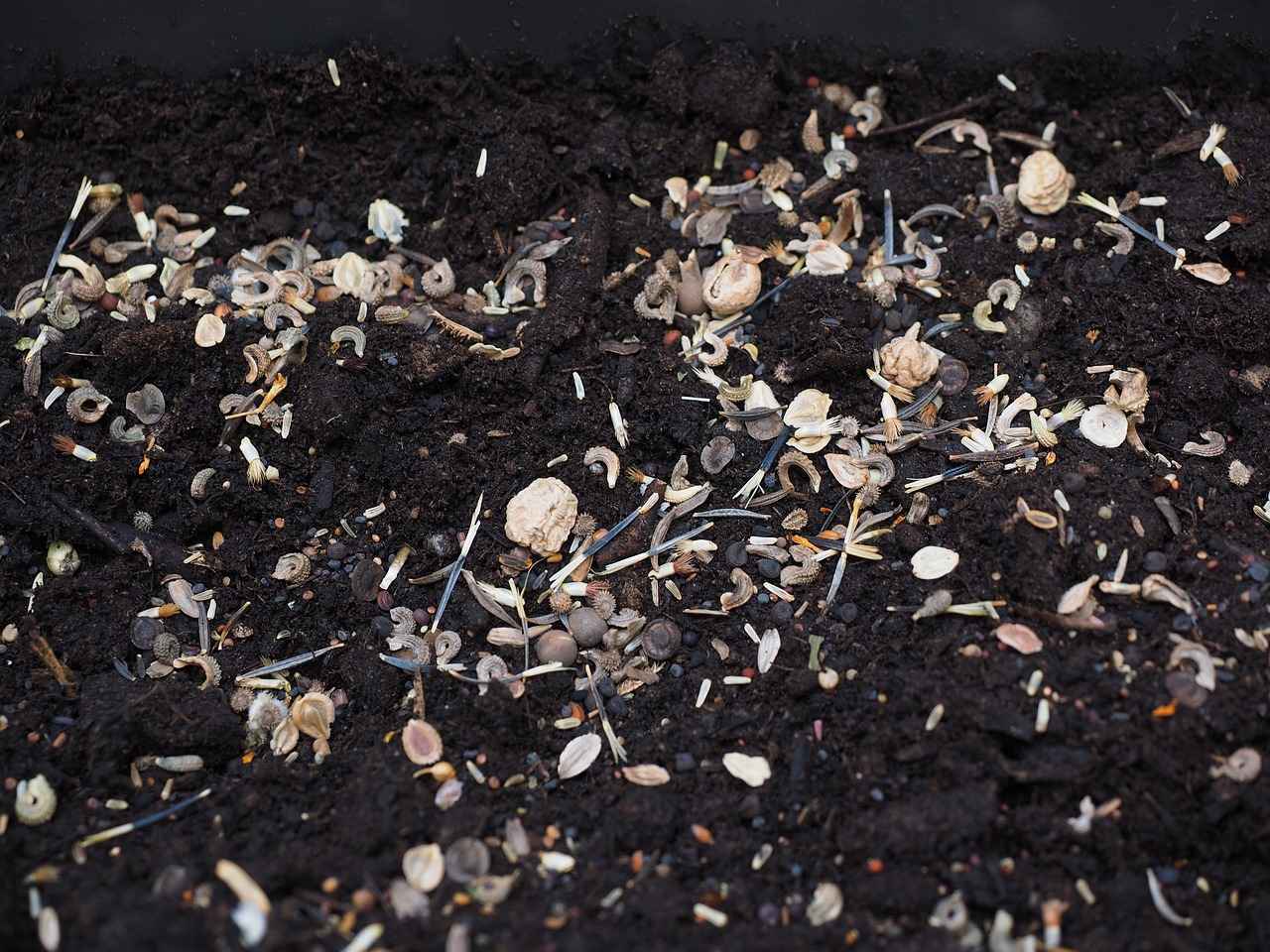
10. How Can You Incorporate Chia Seeds into Your Diet?
Incorporating chia seeds into your diet is not only simple but also offers a multitude of health benefits. These tiny seeds are incredibly versatile, making them a great addition to various meals and snacks. Here are some practical tips on how to seamlessly include chia seeds in your daily diet.
One of the easiest ways to enjoy chia seeds is by adding them to your smoothies. Just a tablespoon of chia seeds can enhance the nutritional profile of your drink without altering its flavor. They provide a boost of fiber and omega-3 fatty acids, making your smoothie more satisfying.
Chia seeds can be sprinkled on top of your morning oatmeal or yogurt. This not only adds a delightful crunch but also increases the meal’s fiber and protein content. Consider mixing in some fruits and nuts for added flavor and nutrition.
Chia pudding is a delicious and nutritious snack that is incredibly easy to make. Combine chia seeds with your choice of milk (dairy or plant-based) and let them soak overnight. The seeds will absorb the liquid and create a thick, creamy texture. Sweeten it with honey or maple syrup and top with fruits or nuts.
For those who follow a vegan diet or are allergic to eggs, chia seeds can be used as an effective egg substitute in baking. Simply mix one tablespoon of chia seeds with three tablespoons of water, let it sit for a few minutes until it forms a gel, and then use it in your recipes.
Chia seeds can be incorporated into sauces and dressings for added thickness and nutrition. Blend them into your favorite salad dressing or sauce to enhance the texture and nutritional value without changing the flavor significantly.
Making your own energy bars with chia seeds is a fantastic way to create a healthy snack. Combine chia seeds with nuts, oats, and your choice of sweetener, then press into a pan and refrigerate until firm. These bars are perfect for a quick energy boost.
Add chia seeds to soups and stews as a thickening agent. They will absorb the flavors of the dish while providing additional nutrients. Just stir them in towards the end of cooking to maintain their texture.
Chia seeds can be transformed into a healthy jam by combining them with mashed fruits and a sweetener of your choice. Let the mixture sit for a few hours to thicken. This jam can be spread on toast or used as a topping for desserts.
Explore various chia seed recipes available online. From pancakes to muffins, the possibilities are endless. Incorporating chia seeds into your favorite recipes can enhance their nutritional value while keeping them delicious.
For a refreshing drink, mix chia seeds with water and let them sit for about 10 minutes. The seeds will swell and create a unique texture. You can add lemon or lime juice for flavor, making it a hydrating and nutritious beverage.
By following these practical tips, you can easily incorporate chia seeds into your diet, reaping their numerous health benefits while enjoying a variety of delicious meals.
Simple Recipes
Chia seeds are incredibly versatile and can be easily incorporated into a variety of dishes, making them a fantastic addition to your diet. Their nutritional benefits are significant, and they can enhance the healthfulness of meals without drastically changing the flavor profile. Here are some simple and delicious ways to incorporate chia seeds into your daily meals:
Adding chia seeds to smoothies is a great way to boost their nutritional value. They blend seamlessly into the mixture, providing a dose of fiber, protein, and omega-3 fatty acids. Here’s how to do it:
- Basic Smoothie Recipe: Combine 1 banana, 1 cup of spinach, 1 cup of almond milk, and 2 tablespoons of chia seeds in a blender. Blend until smooth.
- Berry Blast: Mix 1 cup of mixed berries, 1 cup of yogurt, and 2 tablespoons of chia seeds for a refreshing treat.
Chia seeds can transform your morning oatmeal into a nutrient powerhouse. They not only add texture but also enhance the fiber content:
- Overnight Oats: Combine 1 cup of rolled oats, 2 cups of milk, and 2 tablespoons of chia seeds in a jar. Let it sit overnight in the fridge for a quick breakfast.
- Warm Oatmeal: Cook your oats as usual and stir in 1 tablespoon of chia seeds just before serving for extra thickness and nutrition.
Baking with chia seeds is another excellent method to enjoy their benefits. They can be added to various recipes without altering the taste:
- Chia Seed Muffins: Add 1/4 cup of chia seeds to your favorite muffin batter for added texture and nutrition.
- Healthy Cookies: Mix 2 tablespoons of chia seeds into cookie dough for a delightful crunch and added health benefits.
Chia seeds can also be used in a variety of other dishes:
- Chia Pudding: Combine 1/4 cup of chia seeds with 1 cup of coconut milk and let it sit for a few hours or overnight. Top with fruits and nuts for a delicious dessert.
- Salad Toppings: Sprinkle chia seeds over salads for a crunchy texture and extra nutrients.
Incorporating chia seeds into your diet is not only easy but also a delicious way to enhance your meals with essential nutrients. Whether you’re blending them into smoothies, stirring them into oatmeal, or baking them into your favorite treats, chia seeds offer a wealth of health benefits that can support your overall well-being.
Soaking and Preparation Tips
Soaking chia seeds before consumption is not just a culinary trend; it is a practice that can significantly enhance their health benefits. By soaking these tiny seeds, you can improve their digestibility and nutrient absorption, making them even more advantageous for your overall health.
Chia seeds are known for their ability to absorb water—up to 12 times their weight. This unique property is one of the primary reasons why soaking them is beneficial. Here are some key reasons:
- Improved Digestibility: Soaking chia seeds breaks down the outer shell, making it easier for your body to access the nutrients inside.
- Enhanced Nutrient Absorption: When soaked, chia seeds form a gel-like consistency that allows for better nutrient absorption in the digestive tract.
- Hydration: Soaked chia seeds provide hydration, which is vital for overall health and can aid in digestion.
Soaking chia seeds is simple and can be done in a few easy steps:
- Measure: Start with a ratio of 1 part chia seeds to 6 parts water. For example, use 1 tablespoon of chia seeds to 6 tablespoons of water.
- Mix: Combine the chia seeds and water in a bowl or jar. Stir well to prevent clumping.
- Let it Sit: Allow the mixture to sit for at least 30 minutes. For optimal results, you can soak them overnight in the refrigerator.
- Use: Once the chia seeds have absorbed the water and formed a gel, they are ready to be added to your favorite recipes.
Once your chia seeds are soaked, there are countless ways to incorporate them into your diet. Here are a few ideas:
- Chia Pudding: Mix soaked chia seeds with almond milk, sweetener, and your favorite toppings for a nutritious breakfast or snack.
- Smoothies: Add soaked chia seeds to your smoothies for an extra nutrient boost.
- Baked Goods: Incorporate soaked chia seeds into muffins or bread for added texture and nutrition.
While chia seeds are generally safe for most people, it’s important to consume them in moderation. Here are some potential side effects:
- Digestive Issues: Consuming too many chia seeds, especially if they are not soaked, can lead to digestive discomfort.
- Allergic Reactions: Though rare, some individuals may experience allergic reactions to chia seeds.
Soaking chia seeds is a simple yet effective way to maximize their health benefits. By enhancing digestibility and nutrient absorption, you can enjoy all the advantages these tiny superfoods have to offer. Whether you’re looking to improve your digestion, boost your nutrient intake, or simply add variety to your meals, soaked chia seeds can be a valuable addition to your diet.
Frequently Asked Questions
- What are the main health benefits of chia seeds?
Chia seeds are packed with nutrients, including fiber, protein, and omega-3 fatty acids. They can aid digestion, support weight loss, improve heart health, stabilize blood sugar levels, and even enhance skin health.
- How can I include chia seeds in my diet?
Incorporating chia seeds is super easy! You can add them to smoothies, oatmeal, or yogurt. They can also be used in baking or simply soaked in water to create a gel-like consistency that can be added to various dishes.
- Are there any side effects of consuming chia seeds?
Generally, chia seeds are safe for most people. However, consuming them in excessive amounts may lead to digestive issues. It’s best to start with a small quantity and gradually increase your intake.
- Can chia seeds help with weight loss?
Absolutely! The high fiber content in chia seeds helps you feel full longer, which can reduce overall calorie intake. Plus, they are low in calories but high in nutrients.
- Do chia seeds provide energy for athletes?
Yes! Chia seeds are a great energy source due to their carbohydrate and protein content. They are perfect for a quick snack before or after workouts, helping to boost performance and aid recovery.
